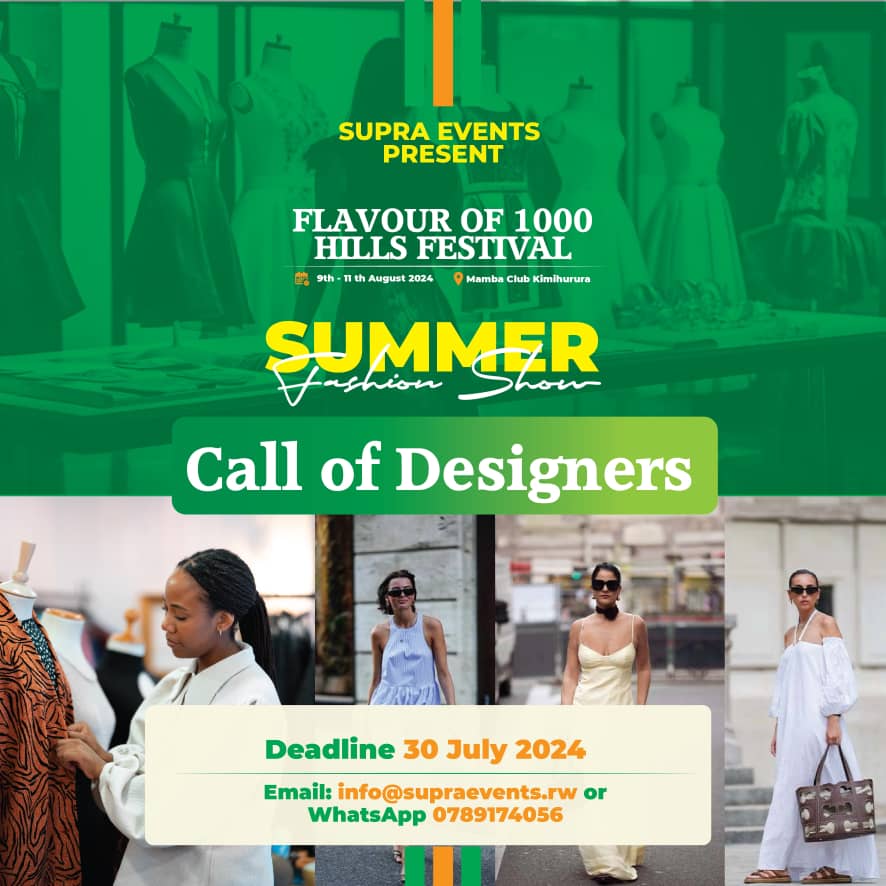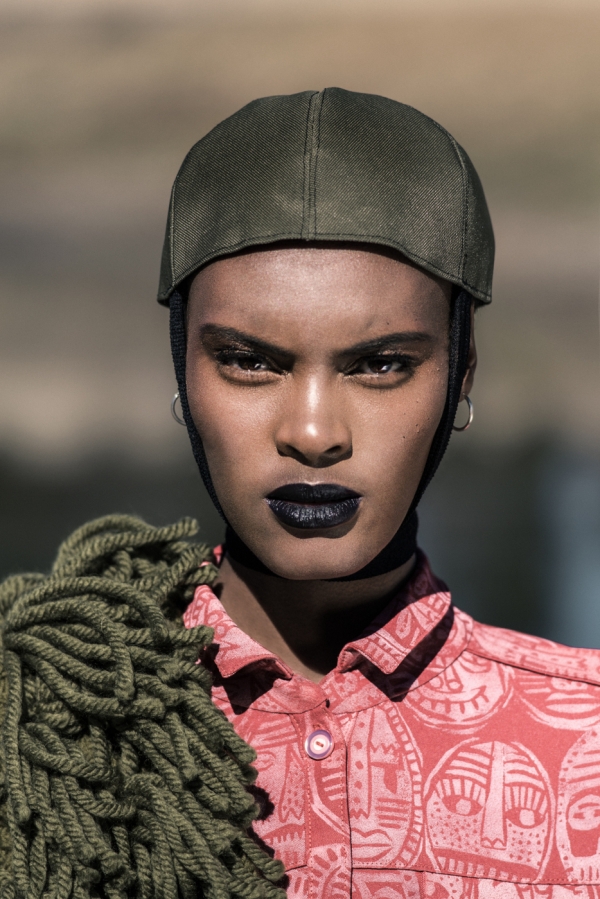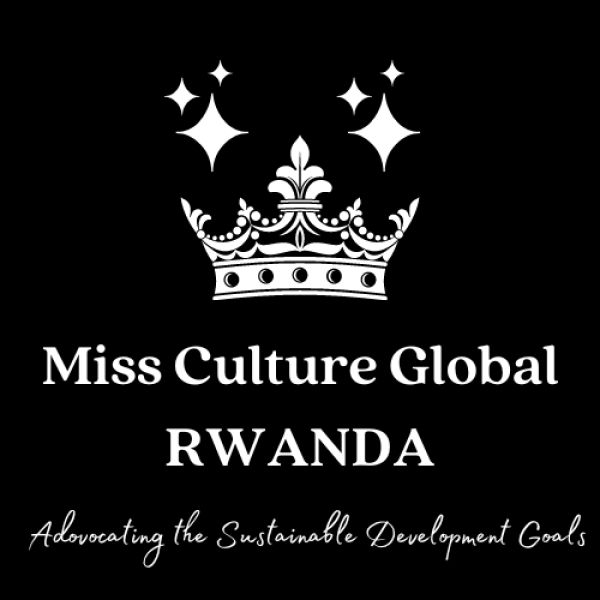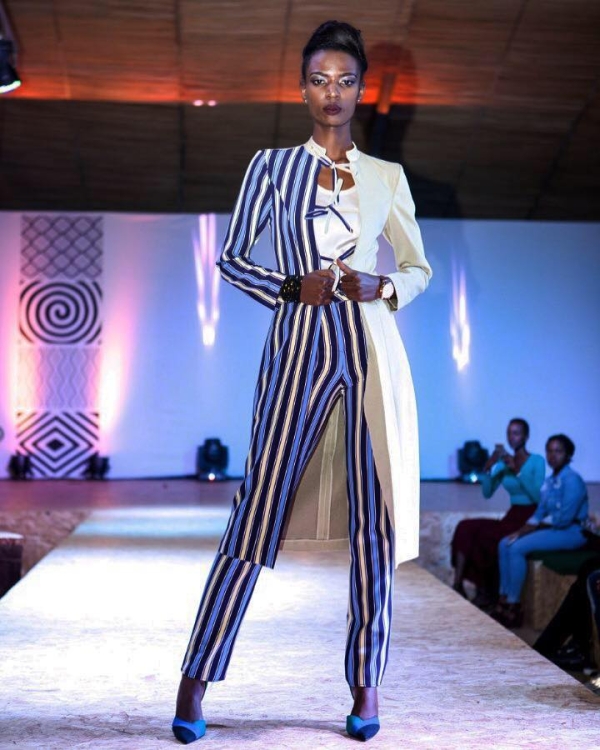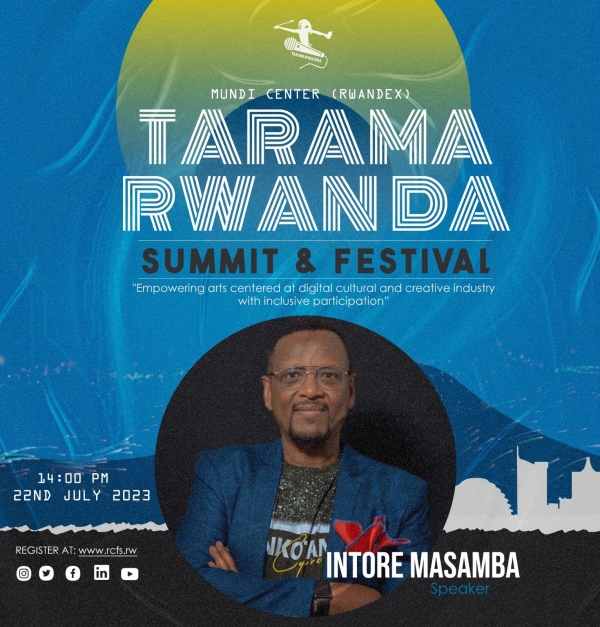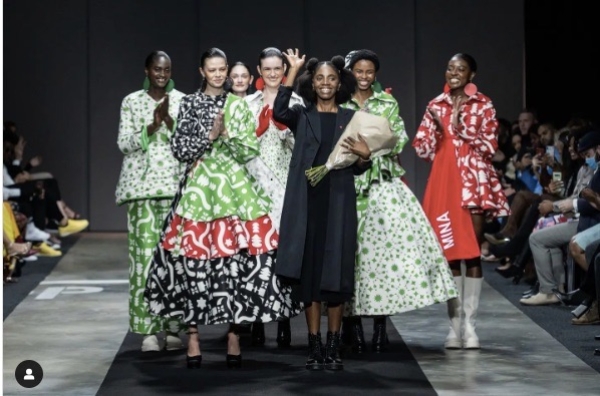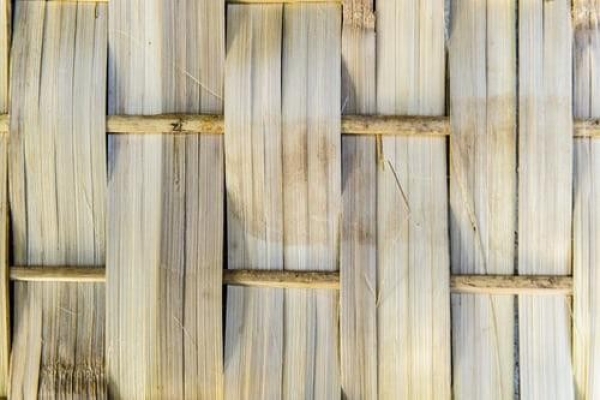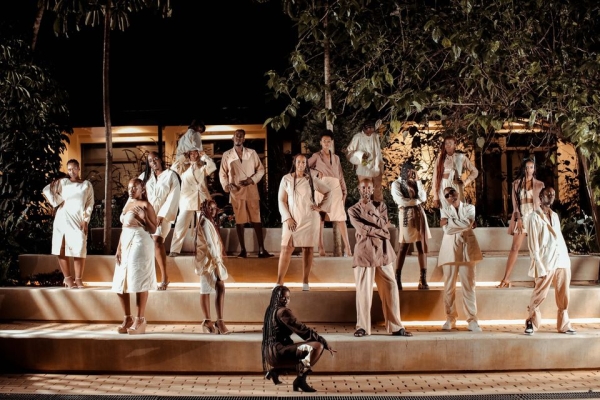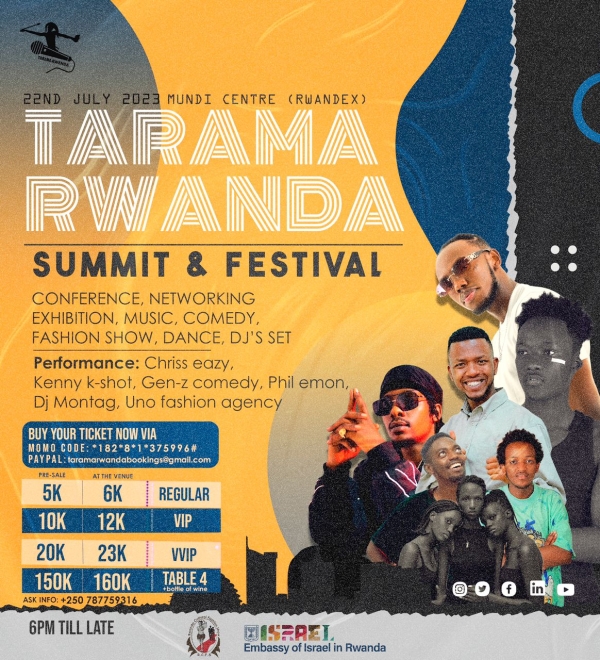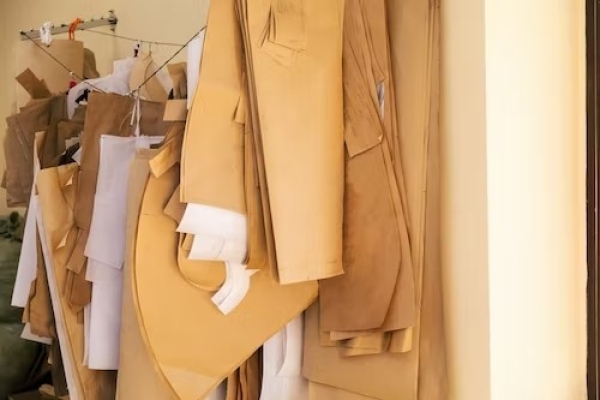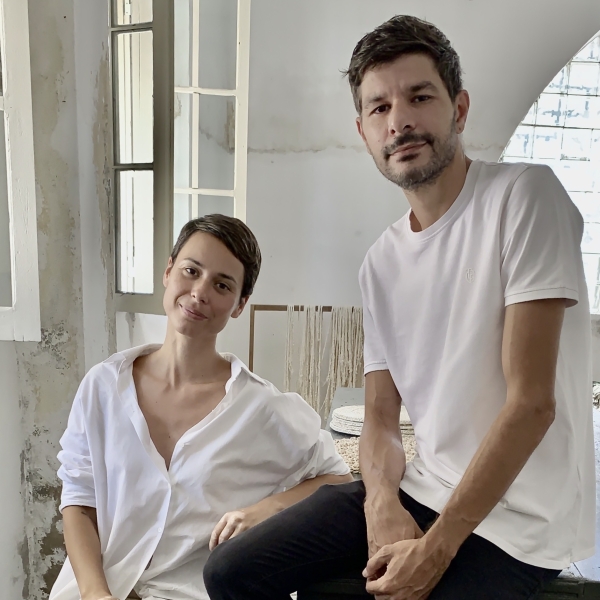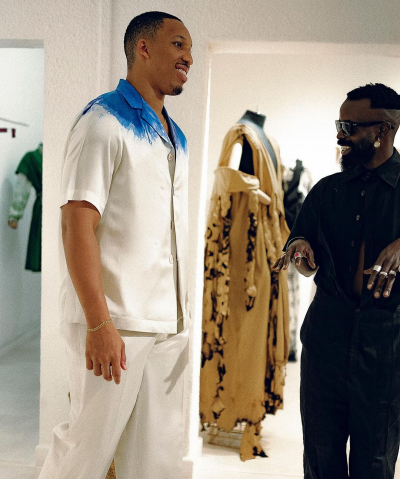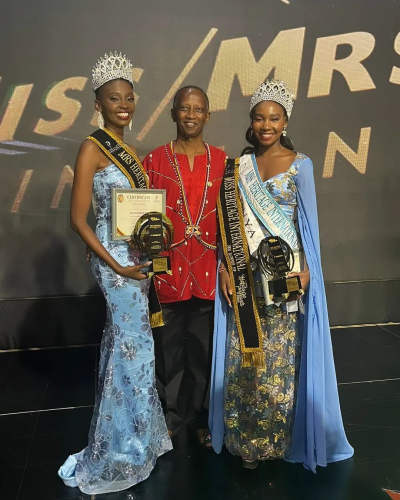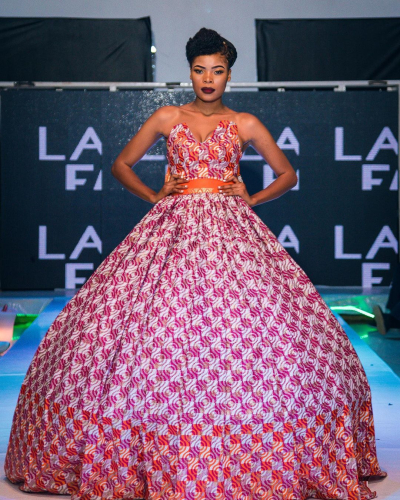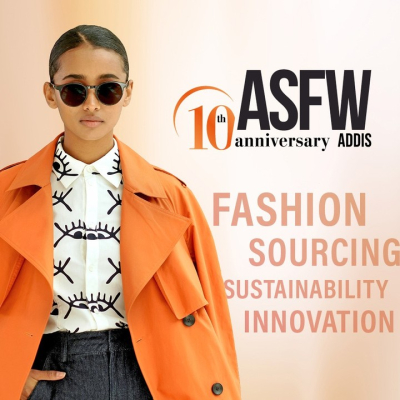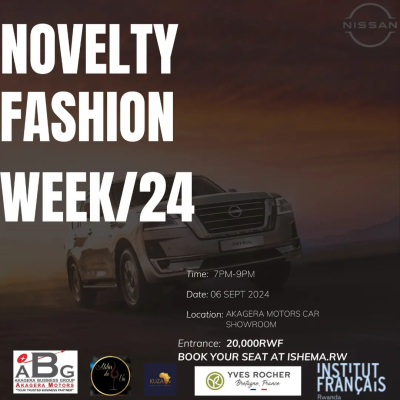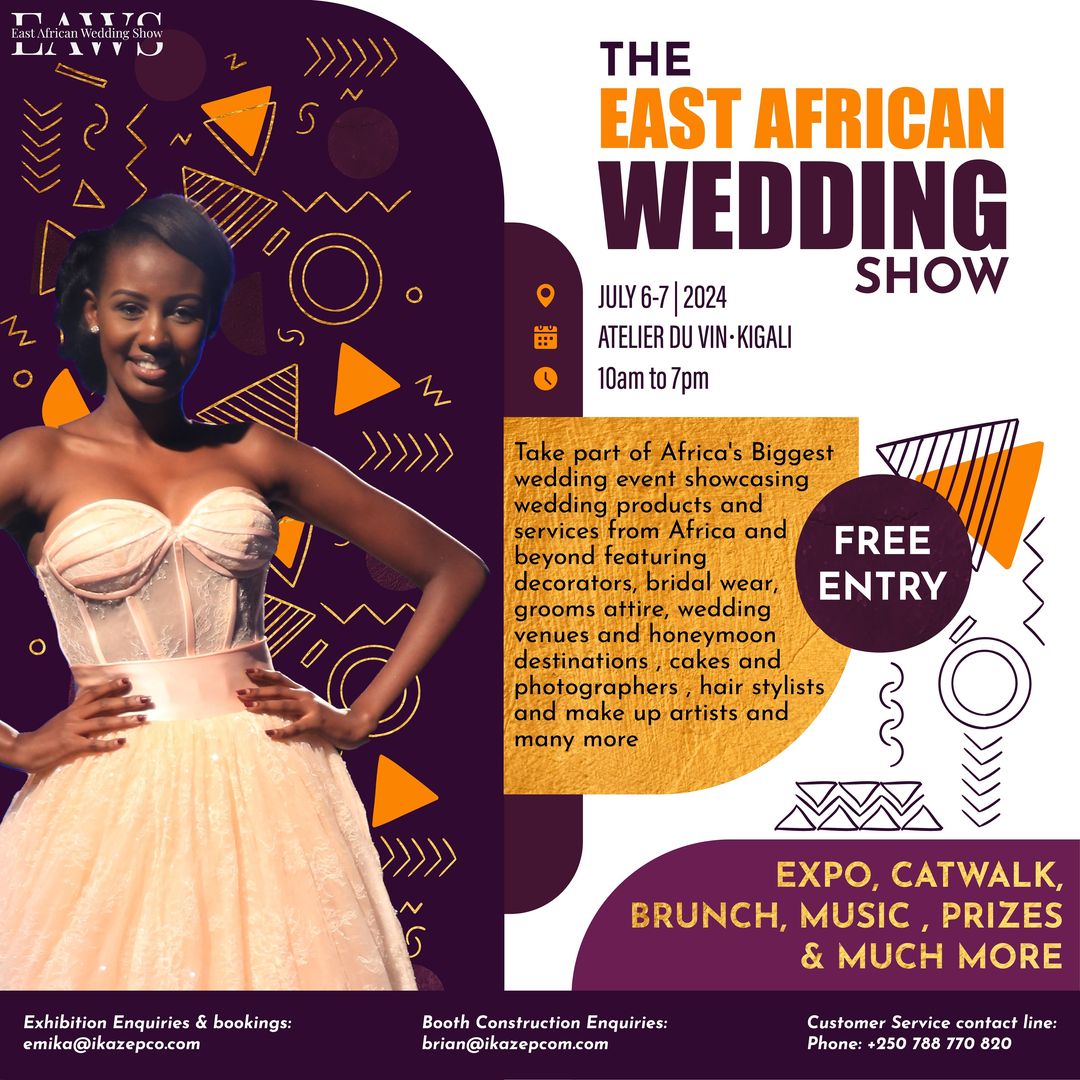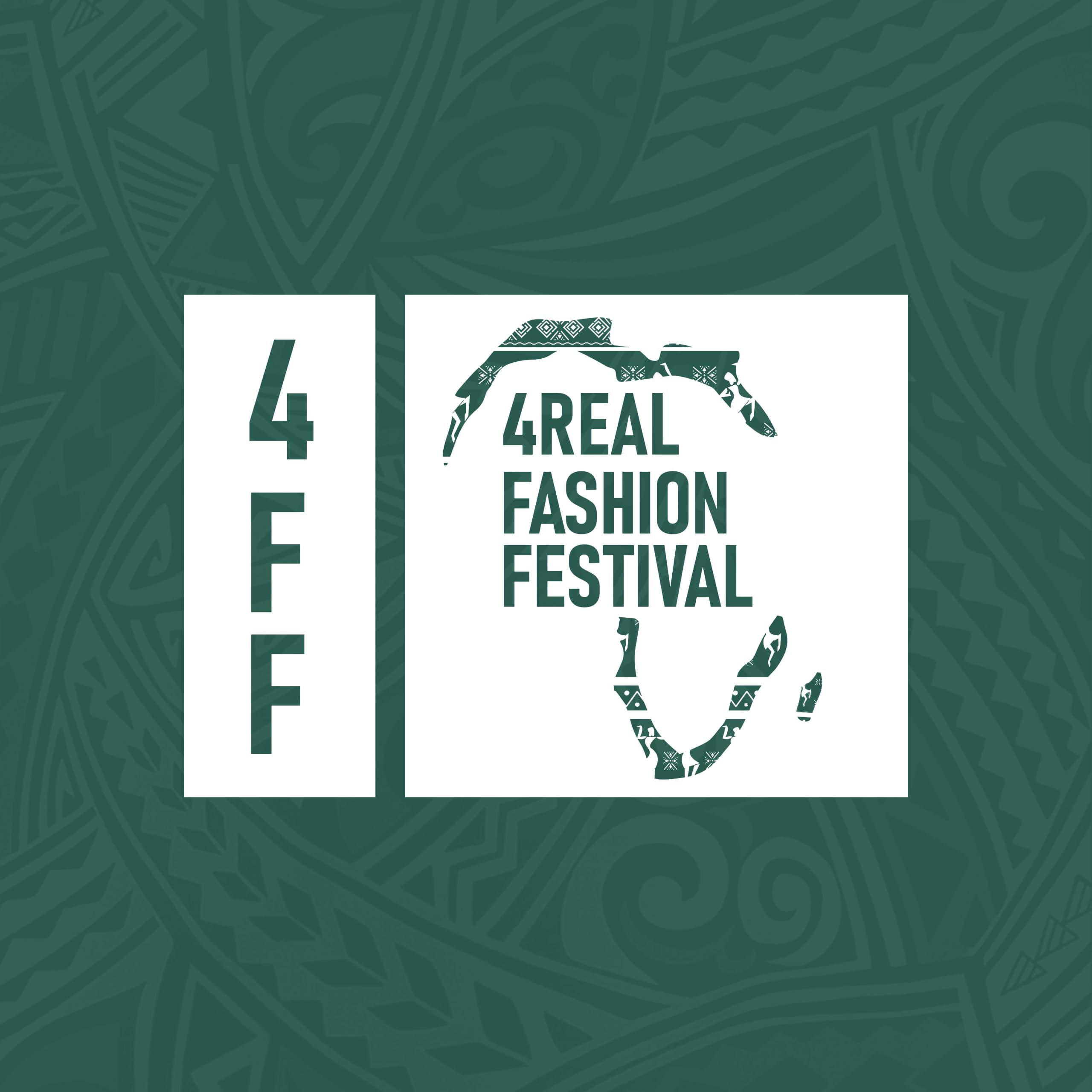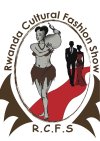
RCFS
ANSWER. A designer’s earnings are typically based on the number of years in the business, experience, expertise, region or location, size of the company, and job description. Because each person’s background and objectives are unique to them, we suggest to do your own research and due diligence. For example, compare salaries of local similar job descriptions and talk to those in the industry. Not all pay is equal and women, unfortunately, are paid less than their male counterpart.
The following are only averages within a range of salaries based on these sources. There are other sources of which data could be different.
According to the Economic Research Institute, the average annual pay for a fashion designer:
- London, £61,145
- France, €57,920
- Luxembourg, €78,867
- Italy, €52,985
- Germany, €66,716
- Hong Kong, HKD 446,494
- Shanghai, CNY 206,230
- Tokyo, JPY 9,732,525
According to PayScale, the average yearly salary for a fashion designer:
- South Africa, R168,519
- Spain, €33,424
- Vancouver, BC, Canada C$61,169
- Toronto, Ontario, Canada C$51,175
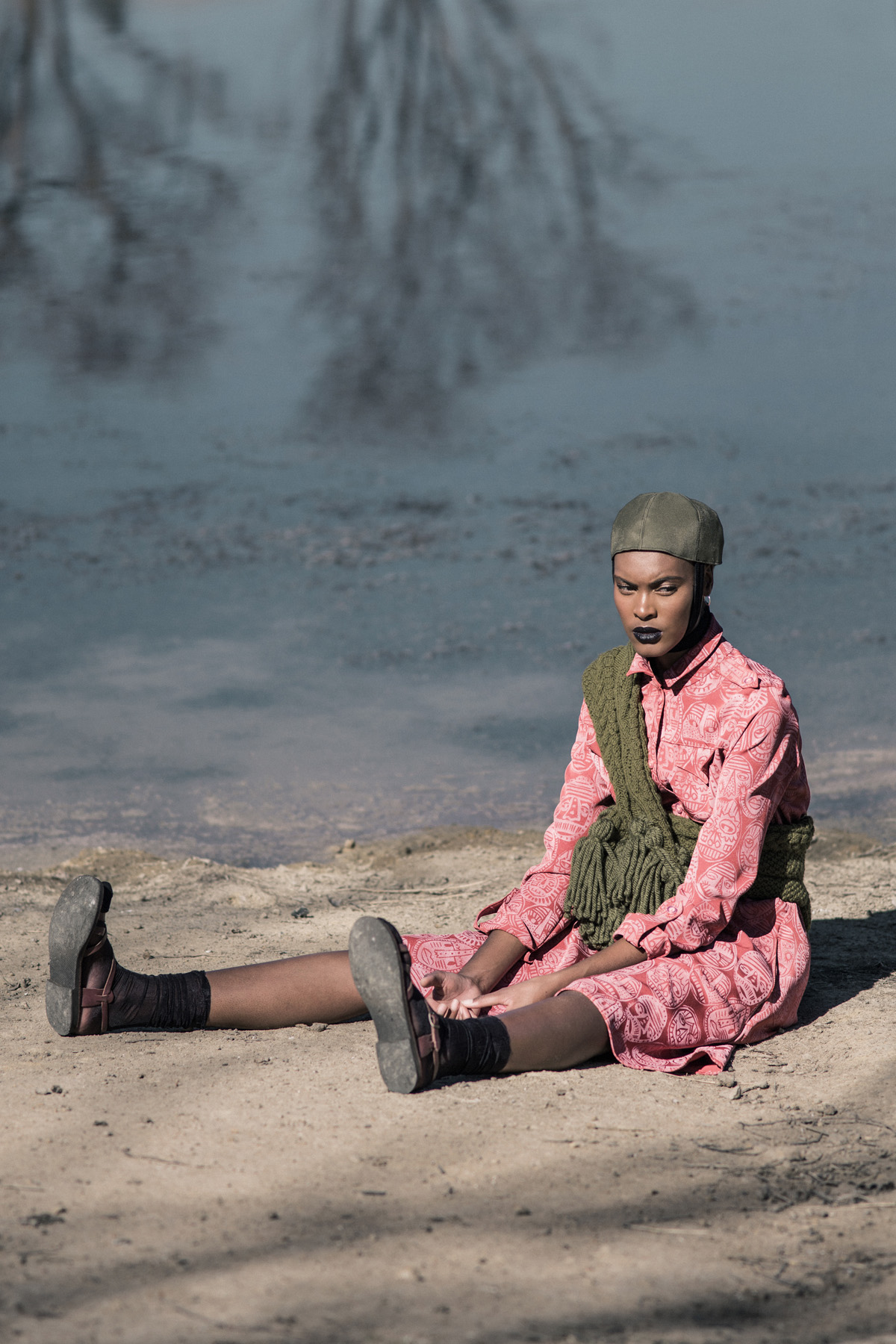
Sheila-Madge Bakker, designer | Courtesy of Sheila-Madge Bakker
Images: Pretoria, South Africa-based designer Sheila Madge Bakker, integrates her South African roots and culture with a dynamic execution of design with purpose, skill, environmental sensitivity, collaboration, and most importantly a cultural significance. Read her timeless story: The Tomorrow People, African Fashion Designers.
Source: Fashion Intelligence
The Rwanda Cultural Fashion Show in partnership with MissCulture Global, will host Miss Culture Global - Rwanda 2023-2025.
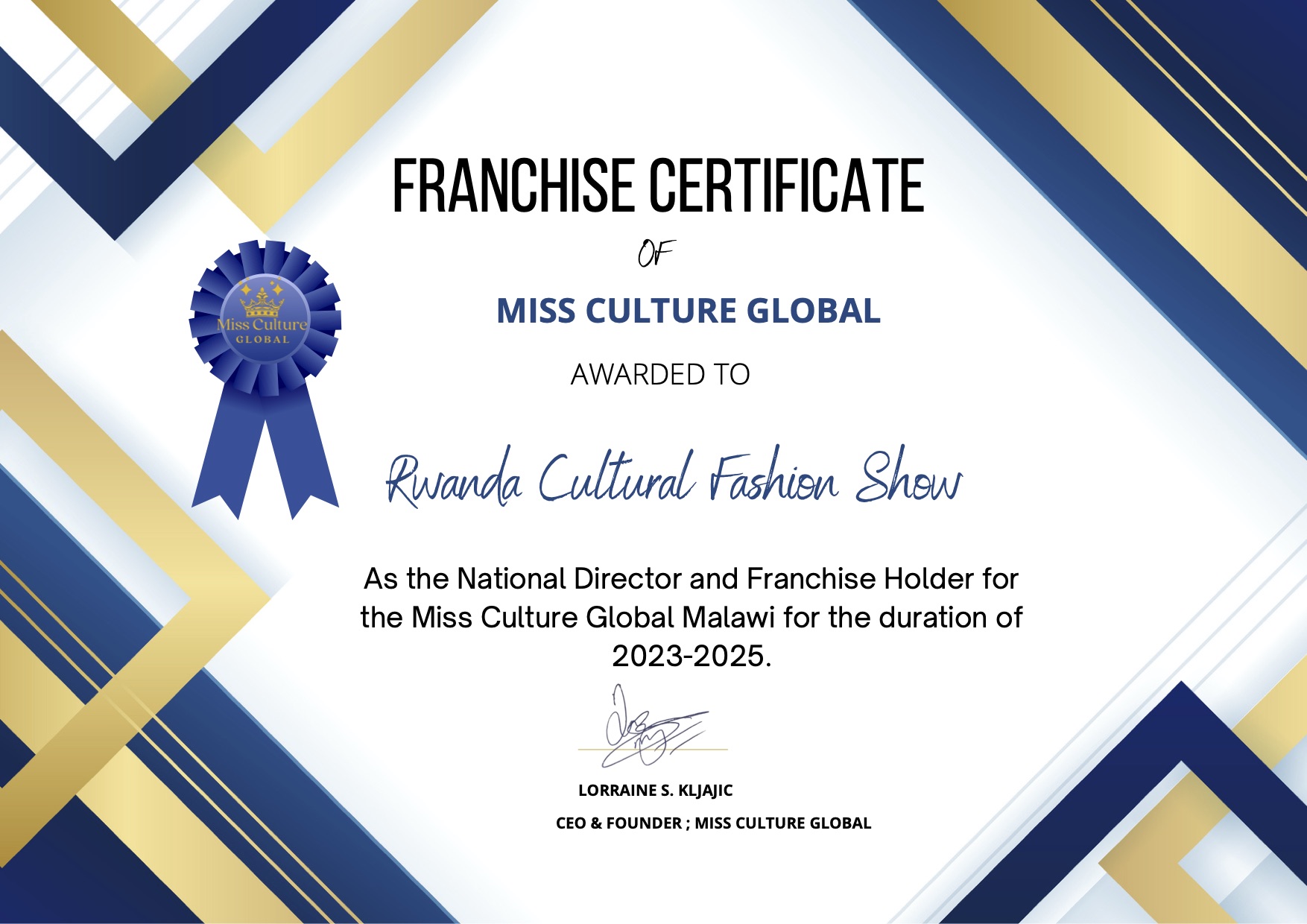
Rwanda Cultural Fashion Show awarded to host Miss Culture Global Rwanda 2023-2025
More information about this partnership and our first Edition #MissCultureGlobalRwanda is to be announced soon.....
" From different cultures and find common ground in pursuit of transformation and change through the advocacy of Sustainable Development Goals" by Miss Culture Global and #LorraineLoshaqKljajić
By RCFS's media
“I don’t design clothes, I design dreams.” – Ralph Lauren
Are you really passionate about making your career in Fashion Designing? An artistic attitude and keeping tab of fashion trends are a few traits needed to be successful in this field.
Check it out!
- Are you creative?
- Do you have passion for innovation?
- Do you enjoy being a fashion stylist?
Types of Fashion Designer
- Footwear Designer – Specialized designer that designs footwear like shoes, sandals, boots. There is a good market for designers who can invent designs, and use the modern technologies like light weight material.
- Accessory Designer –The designers who invent new and attractive accessory designs like fancy handbags, belts, suitcases, scarves, hays, eye wear and hosiery items.
- Costume Designer – Costume Designers, design and research costumes for the artists involved in performing arts like television artists, motion picture artists, stage artists to name a few.
- Dress or Clothing Designer –The designers design, new creative designs for men, women and children apparels for different occasions.
Role of a Fashion Designer
- A fashion designer needs to study current fashion trend, consumer requirement and market trends. On the basis of this research work they may be asked to produce reports predicting the future fashion trends.
- The fashion designers as a team have to produce designs in the form of sketches and to create prototypes by using inexpensive material or fabric.
- Fashion designers have to prepare sketches of their design via, Computer aided design (CAD) software which gives them a virtual environment to work.
- Fashion designers visit trade shows, manufacturers, market, etc. to get the right fabric for their design.
- Fashion Designers displays created samples in front of editors, creative directors and the people of fashion world by fashion shows and model ramp walks.
- Fashion designers are responsible for the final check of the produced product before the launch.
- You should believe that you can get an edge over the other fashion designers with your go getter attitude.
Skills Required to be a Fashion Designer
- Creativity – A fashion designer should use unique ideas to create designs with the use of materials and colors.
- Technical Skills – A fashion designer should possess the knowledge about the textiles, process, fabrics sewing and pattern making.
- Computer Knowledge – A fashion designer should be a whiz at the computer. Knowledge of Computer Aided Design software is mandatory.
- Artistic Skill – A fashion designer should be able to produce the designs in the form of sketch with the detailed work.
- Detail Oriented – A fashion designer should have an eye for detail, so as to produce the sketch with the detailing which includes designing, coloring or pattern making.
- Decision Making – A fashion designer need to take decision regarding design materials to give ensemble a unique look.
- Team Player – A fashion designer should be a team player.
Pros & Cons
Pros- You can work as a freelancer or be self employed or a salaried employee.
- You can earn good, after gaining some experience.
- Invention of new designs and learning makes the job interesting.
- A salaried job can give you financial stability.
- You should be flexible enough to relocate.
- Beginner may face some problem if they are self employed or a freelancer.
- Strict deadlines and work pressure.
- Freelance fashion designers’ work is contractual and need to work for longer hours to meet deadline.
- This job may include traveling.
Some Job Titles
- Fashion Designer
- Creative Designer
- Creative Director
- Sewers and Tailors
- Pattern Maker
- Technical Designer
- Merchandiser
Where to study
The Rwagihuta singer is well renown traditional artist and through traditional music, Masamba Intore has promoted Rwandan culture globally. Masamba is also known to promote made-in Rwanda through his fashion styles.

Intore Masamba often wears Made in Rwanda styles
Cultural music veteran Masamba is among the speakers at the Tarama Rwanda Summit and Festivals scheduled on 22nd July 2023, in Kigali at Mundi Center Through his music career, Masamba has scooped multiple awards including one from South Africa and he also plans to release a book talking about his life in the military and music arena. Massamba told KT Press in 2019

Many people say that Masamaba is very fashionable
The ex-soldier turned-artist is currently laying strategies to upgrade the Rwandan cultural troupe to represent Rwanda on the global scene through traditional music and dance.
In 2019, he was appointed as the technical director of the Rwandan cultural troupe Urukerereza. The job offered by the Ministry of Culture and Sports (MINISPOC) changed to the Ministry of Youth and Culture (MYCULTURE). During interviews with KT Press, Masamba said that he wanted to put in action from his family background to direct a Rwandan cultural troupe with all his experiences learnt from his father Athanase Sentore.
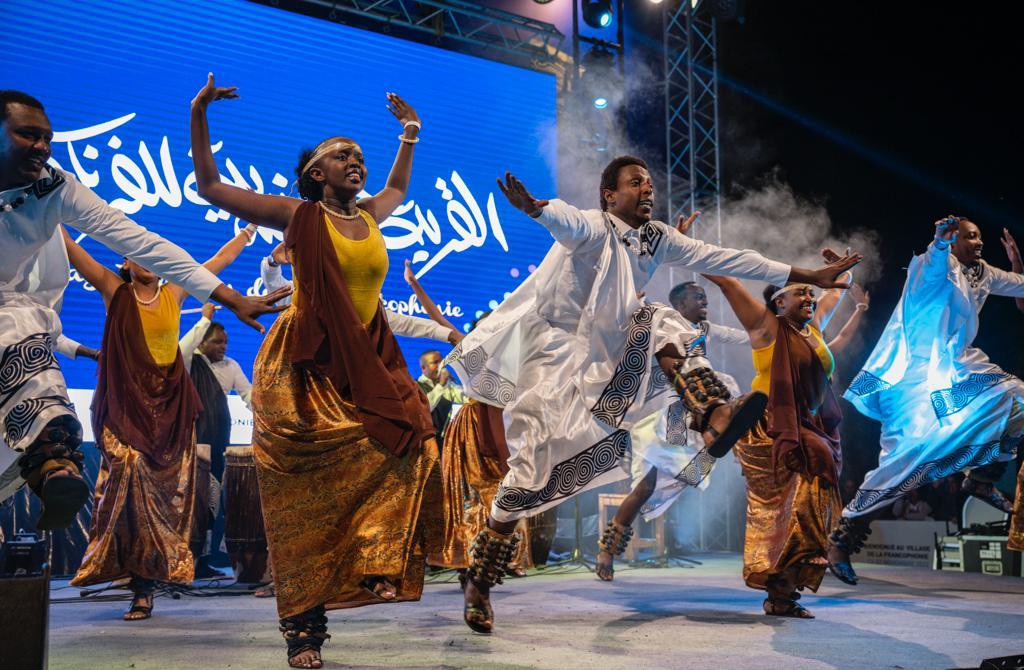
Masamba is the man behind all good organization of the Rwandan cultural troupe Urukerereza performances
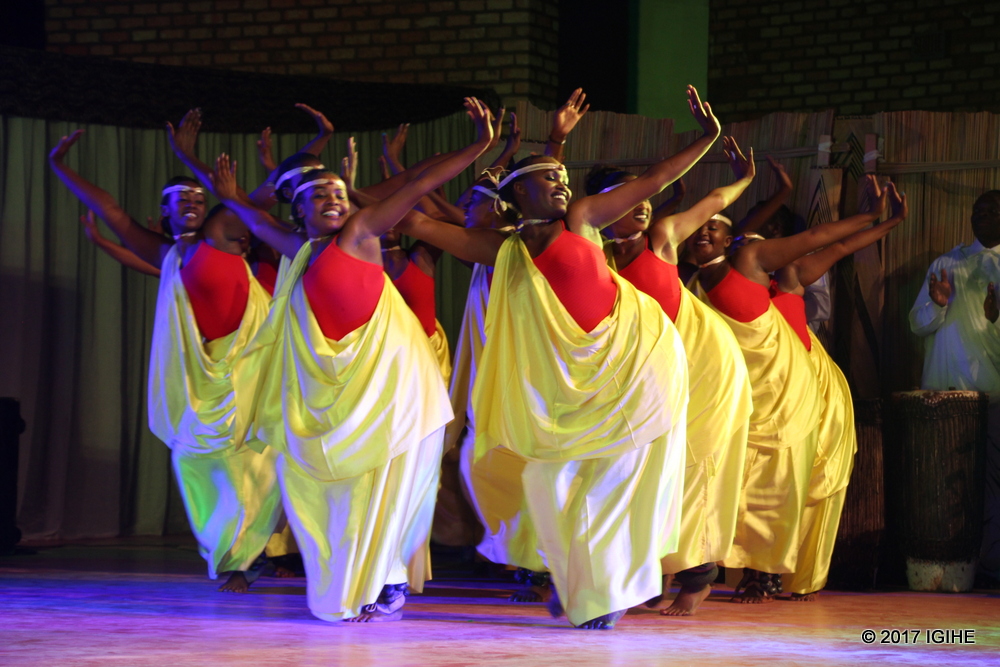
Rwandan cultural troupe Urukerereza performing
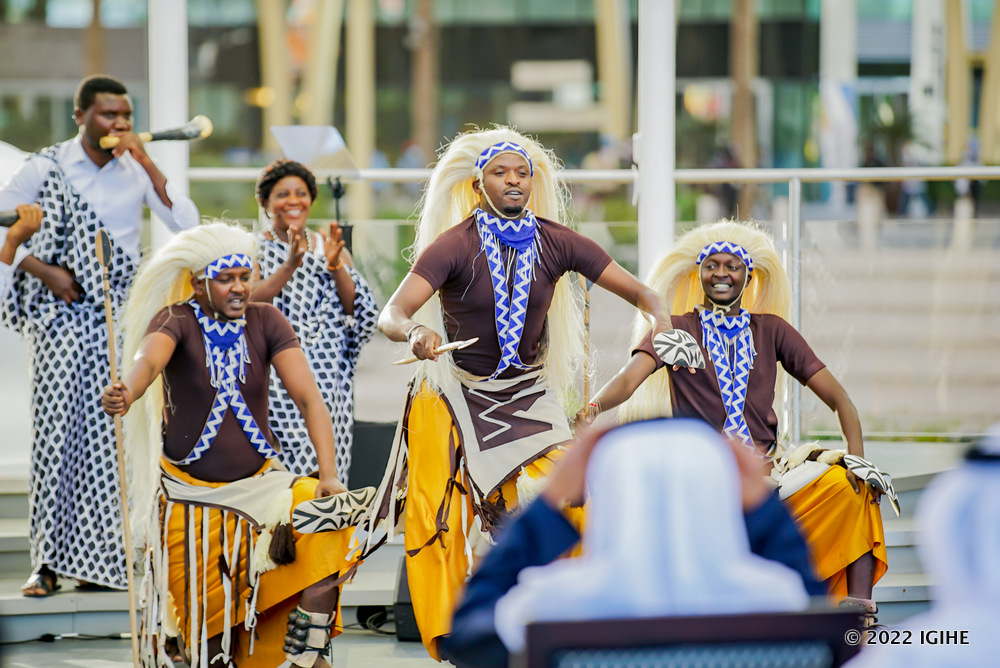
Rwandan cultural troupe Urukerereza performing
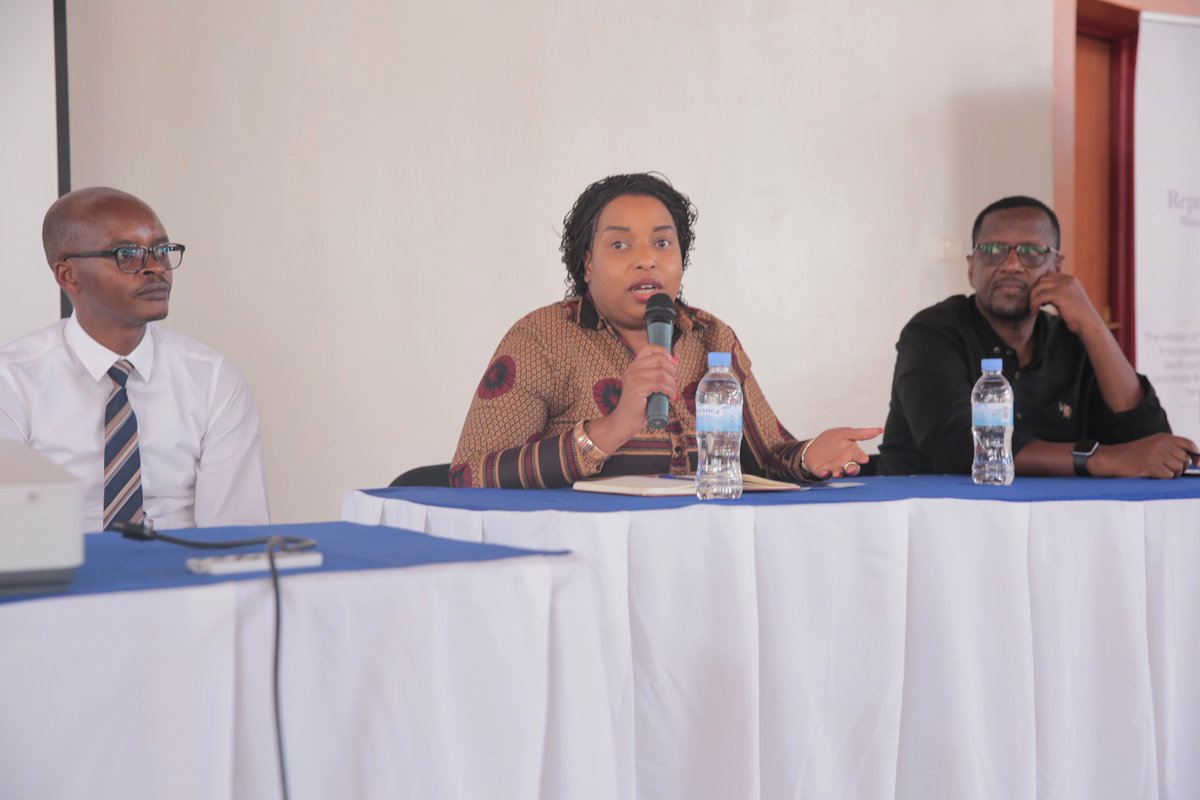
Director of the Rwandan cultural troupe Urukerereza.
“Am now more concentrated on training Rwandan cultural troupe because I want it to elevate from where I found it musically, and I had to pause my projects for a while but am still a music recording artist,” Masamba told KT Press.
He added that the Rwandan cultural troupe represents the country’s culture and it needs to be perfect from all angles. Masamba’s music runs through blood as his late father Athanase Sentore, a composer, musician, and pioneer in teaching Rwandans in the Diaspora the traditional Kinyarwanda dance. Born in Bujumbura, Burundi, Massamba developed a keen ear for music and rhythm at a tender age.
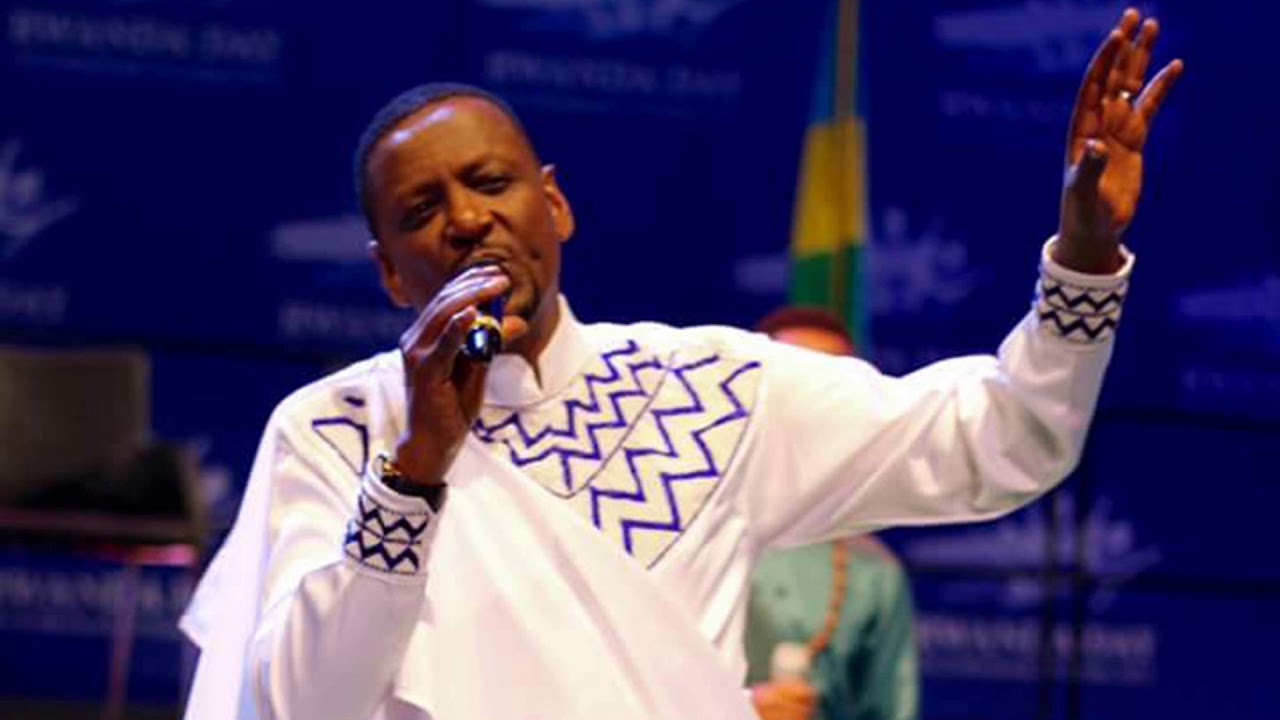
Masamba's family background is related to art and traditional sins, dance, and unique creativity from his father Sentore
Tarama Rwanda, in collaboration with a diverse range of esteemed individuals, institutions, and embassies, is proud to present the Tarama Rwanda Summit and Festival. This event will take place at the Mundi Center ( Rwandex ) from 11 Am to Midnight on the 22nd of July 2023 REGISTRATION. Exciting news, to this year's summit by Tarama Rwanda, participants will interact with very talented and experienced speakers and moderators. This will include the Ambassador DR. Ron Adam of the Embassy of Israel in Rwanda who will be among our VIP guests as well as the moderator.
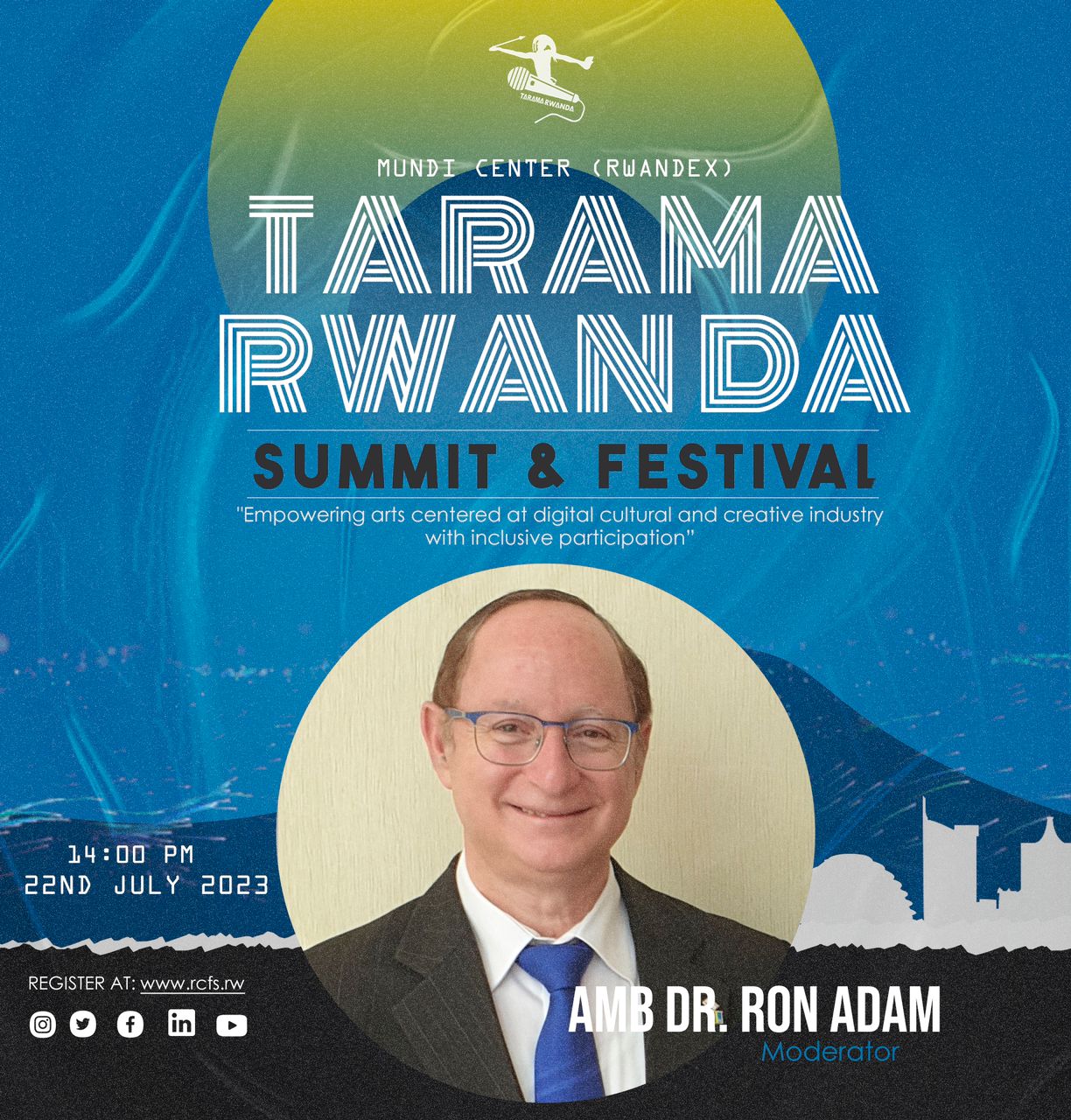
The Ambassador DR. Ron Adam of the Embassy of Israel in Rwanda who will be among our VIP guests as well as the moderator
More to this story coming ......
As African fashion continues to blossom, these are some of the names to keep a close eye on in the months to come
Much of the buzz around African fashion today isn’t accidental. Africa’s design talent has been on the rise, as seen across the continent's staging of various fashion weeks. At the Spring/Summer ‘22 shows for South African Fashion Week, a new talent search had young designers like Mikhile du Plessis and Sanelisiwe Gcabashe showcasing worthy-of-note collections.
Lagos Fashion Week, too, with its talent discovery platform, Green Access, presented a roster of new designers to watch: from Ghana’s Meta Kay to Nigeria’s Oshobor and Pettre Taylor, and South Africa’s SVL Designs. These next-gen labels appear to have distinct philosophies towards the design process.
Whether it is experimenting with textures and prints, reviving traditional crafts and textiles, or operating within ethical techniques like upcycling, these new designers are charting their own path in the industry. While there are names that caught our attention in 2022, others have equally shown promise with off-calendar presentations or modest campaigns. In 2023, here are a handful of the designers we are excited to watch.
Munkus
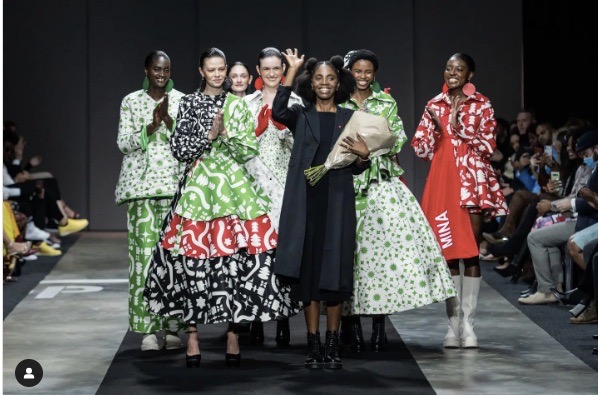
Munkus @safashionweek
Last year, Thando Ntuli’s Munkus won the talent search competition at SA Fashion Week, after entering for the second time. As one of South Africa’s on-the-rise talents, the young designer founded her ready-to-wear label in 2019, inspired by the styling choices of the women in her family - her mother, grandmother, and great grandmother.
This intergenerational mashup has resulted in a whimsical play on vibrant colors, volume, and prints. Her winning collection titled “Sisendleleni” puts this on display, offering layered looks that can be assembled in different ways or worn alone. In the same year she won, the designer dedicated her Autumn/Winter ‘23 collection to her mother.
Along with shifting silhouettes to demonstrate the different roles women play in society, she sent a belted dress on the runway of Lagos Fashion Week bearing a bold print of her mother’s face. At the core of the Munkus brand is a storytelling informed by Ntuli's South African heritage, mixing contemporary approaches to define the adventurous woman.Vicnate
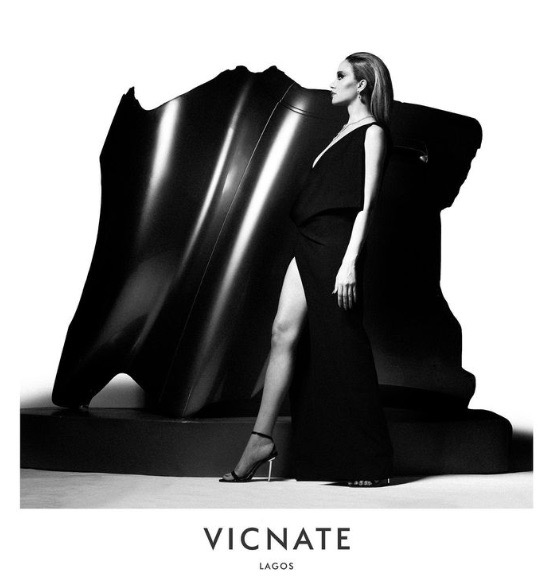
Victor Anate was still a teenager when he founded Vicnate, his womenswear brand based in Lagos. In no time, his sentimental attachment towards dressing women charmed a knitted circle of Nigerian stylists, fashion editors and commentators.
His early emphasis on butterfly bows, balloon dresses, pussy bows, slimming skirts, and cocktail dresses indicated the young designer was taking notes from classical Parisian style, and the forebearers that defined that era: Cristobal Balenciaga, Christian Dior, Elsa Schiaparelli.
And with each season’s collection, he updates his proposal around romance and sex, courting the clientele who dare to wear his designs. While his industry peers place femininity in a safer tunnel vision, Anate has his brand perched on riskier horizons.
Archetypal suiting and formalwear is broken down - think Yves Saint Laurent’s Le Smoking - and built up into something slightly transgressive. In some instances, it’s just carnal, high-stakes glamour. One can’t help but think what the brand will look like for menswear, if it ever decides to go there.
Boyedoe
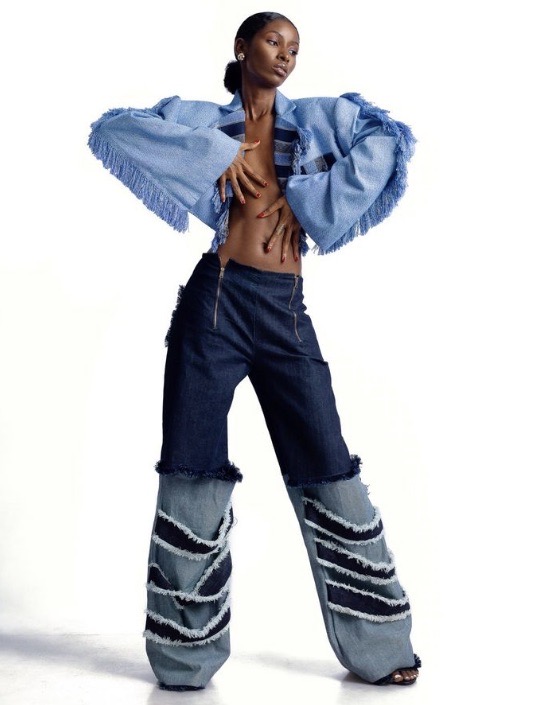
Model: @_modelmaya
With Ghana’s environmental crisis resulting from garment landfills, the country has birthed an eco-conscious mindset towards designing. One is emerging brand Boyedoe. Established in 2020, its creative director David Boye-Doe has an intentional stance against garment waste. Denim as an integral fabric in the brand’s DNA, sourced from discarded stock and repurposed into practical wear.
The Boyedoe aesthetic is at the intersection of sustainability, modern construction, and Afrocentric chic. The brand’s latest SS’23 collection – with a recurring theme in denim – offers utilitarian pieces, bold colors, and lush textures.
Graduating in 2019 from Ghana’s Joyce Ababio College of Creative Design as “Most Outstanding Student” and “Most Creative Student,” Boye-Doe has enjoyed domestic recognition. He was one of the winners of the Merck Fashion Award in 2019, and named first runner up in both the 2019 Vlisco Fashion Fund Ghana and the 2020 Accra Mall Future Fashion Fund. He also emerged as a one of the 30 finalists at the 2020 debut of the Arise 30 Under 30 New Stars.
Oba Style
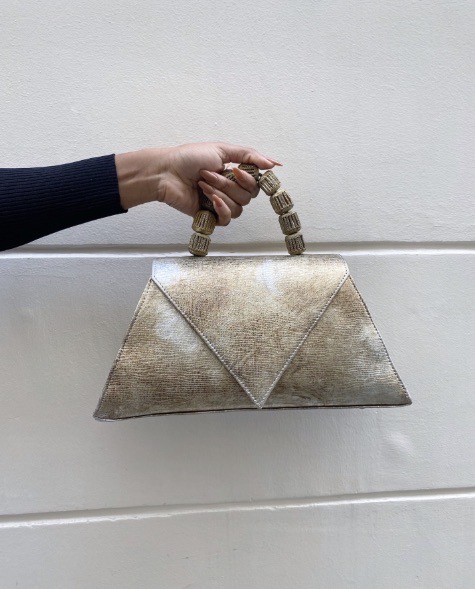
Le sac Ola Diourbel
In the age of social media, Africa’s fashion accessory sector is picking up. And while shoes, handbags and jewelry are arguably often in the shadow of the main garment industry, more and more players are entering the market. This is where we introduce Oba Style, a handbag brand founded by Faoziyath Koza in 2019, and offers wardrobe versatility.
Based in Paris, Koza is Franco-Gabonese of Beninese origin, overseeing leather sourcing in African countries like Senegal. Handmade, Oba handbags come in clean geometric designs, rendered in mostly neutrals and subdued hues.
These purses shape-shift in size patterns, and textures. From dramatic colorways and ankara sheaths to clasps made from crystal and bronze beads, this emerging handbag brand is on our radar this year
Story by Okayafrica
Read more fashion news here
In 2022, the European Commission unveiled a new strategy for sustainable textiles, aimed at coming up with more systemic solutions for improving the sustainability of the textile industry. The strategy also aligns with the European Green Deal, whose focus is to make growth sustainable, climate neutral, efficient regarding energy and resource, respectful of nature, and built around a clean and circular economy.
Given that the European Union (EU) is one of Africa’s top two export markets for textiles, its recent strategy on sustainable textiles has several implications for the African fashion industry. In this week’s article, we will explore the key takeaways from the EU strategy for textiles and the opportunities it presents for African fashion brands.
Background of the EU textile sector
The textiles sector is an important economic driver of the EU economy, with a turnover of EUR 162 billion, and employing over 1.5 million people in 160,000 companies. However, it also contributes significantly to environmental pollution with the fourth-highest impact on the environment after food, housing, and mobility. The EU has responded to the climate challenges posed by the sector, by adopting a new strategy for sustainable textiles whose vision is to ensure that;
“By 2030 textile products placed on the EU market are long-lived and recyclable, to a great extent made of recycled fibers, free of hazardous substances, and produced in respect of social rights and the environment.”
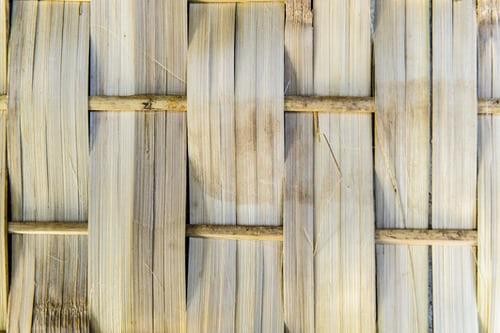 African Creativity: (PHOTO INTERNET )
African Creativity: (PHOTO INTERNET )
Key Actions under the Strategy
The vision will be accompanied by the following practical actions, intended to support the sustainable textiles drive.
Introducing mandatory eco-design requirements
The Commission will develop binding product-specific requirements to increase textiles’ performance in terms of durability, reusability, reparability, fiber-to-fiber recyclability, and mandatory recycled fiber content. Enactment of these requirements is aimed at minimizing and tracking the presence of substances of concern and reducing the adverse impacts on climate and the environment.
Banning the destruction of unsold or returned textiles
Large companies will be required to publicly disclose the number of products they discard and destroy, including textiles, and their further treatment in terms of preparing for reuse, recycling, and incineration or landfilling.
Tackling microplastic pollution
In addition to product design requirements, binding design requirements will be introduced under the Eco-design for Sustainable Products Regulation. These will target various stages of manufacturing, through a set of reduction and prevention measures, as well as the promotion of innovative sustainable materials.
Introducing information requirements and a Digital Product Passport
The Digital Product Passport for textiles will be based on mandatory information requirements on circularity and other key environmental aspects.
Green claims for truly sustainable textiles
General environmental claims, such as “green”, “eco-friendly”, and “good for the environment”, will be allowed only if underpinned by recognized excellence in environmental performance, or voluntary sustainability labels based on a third-party verification or established by public authorities.
Extended producer responsibility and boosting reuse and recycling of textile waste
It will propose harmonized EU extended producer responsibility rules for textiles with eco-modulation of fees, to create an economy for collection, sorting, reuse, preparation for reuse, and recycling. Producers and brands will also be incentivized to ensure that their products are designed in respect of circularity principles.
Opportunities for African Fashion brands
Develop recycling industries that convert fashion and textile waste into garments for commercial export markets
The new EU regulations on increasing textile performance mean the quality of textiles exported to Africa will be higher and better suited to recycling and repurposing. African fashion brands, therefore, have a chance to increase their revenue, by adding more value to second-hand clothing and exporting it.
Standardization of sustainable products
With a mandatory requirement for validating “green” claims if a brand sells its products in Europe, the African fashion industry can seize this opportunity to come up with universally recognized sustainability standards in fashion production. Not only will this help in guarding against greenwashing claims, but it will increase the brand value of African fashion brands that are genuinely sustainable, by distinguishing them from those that are built on unsubstantiated, sustainability claims.
Lobbying for governments to invest in infrastructure for greening conventional textile industries
Because Europe is a major market for Africa’s fashion industry, its proposed regulations for sustainable textiles are an opportunity for African fashion brands to come together and lobby the government to channel investment towards infrastructure for circular textile clusters. This will speed the greening of conventional textile industries by introducing economies of scale for small to medium enterprises (SMEs) in the African fashion industries. Additionally, it will facilitate improved access to export markets.
Investing in sustainable textiles
To better exploit market opportunities in the EU, African fashion brands have an opportunity to invest in sustainable textiles such as regenerative fibers which ultimately help them design waste out of their production processes. Efforts in this area are already underway, with companies such as Pine Kazi manufacturing shoes from pineapple waste.
Increase employment through the promotion of local artisans
The EU drive for sustainable textiles is an opportunity for African fashion brands to promote local artisans in Africa, who are already engaged in sustainable production methods such as hand-weaving, natural dyeing, and embroidery. It presents a chance for them to sell their products in markets where the sustainability component of their products is recognized and rewarded.
To learn more about the EU Strategy for Textiles, read their report here.
Source: FASHIONOMICS
Berabose Designs is one of the brands that made it as a finalist of the third edition of the Fashionomics Africa Contest. The United Nations Environment Programme (UNEP), which was part of the contest jury, expressed its delight in seeing a real increase in the quality of applications and noted that the three finalists are true testimonials of the bubbling textile scene on the African continent and the power that circular business models represent.
Berabose Designs has positioned itself at the forefront of the fashion technology revolution, by producing sustainable garments made by combining natural sustainable practices with 3D production modelling. In this week’s article we learn more about how Berabose Designs wowed the Fashionomics Africa Contest judges, through its unique business model, which is founded on sustainability, innovation, and inclusion.
About Berabose Designs
Berabose Designs is a Rwandan-based business founded by Elisabeth Berabose. It is focused on the production of innovative garments made from organic cotton, dyed with agricultural waste and plant-based dyes. Optimization of the fashion design process is a defining feature of how the sustainable brand operates. After successfully launching its ‘27’ collection, the brand recognized the need to meet unique consumer’s needs through custom clothing. However, traditional custom-made methods posed challenges such as multiple interactions, fittings, and fabric selection time, especially without proper infrastructure. In response to these problems, Berabose Designs developed a three-phased strategy that combines its expertise in 3D product modeling with cutting-edge technology. The process includes a digitized custom-making process that allows users to easily select fabric, style, color, and measurements online, and a digital fitting room where consumers can model their looks based on their body shape and measurements.
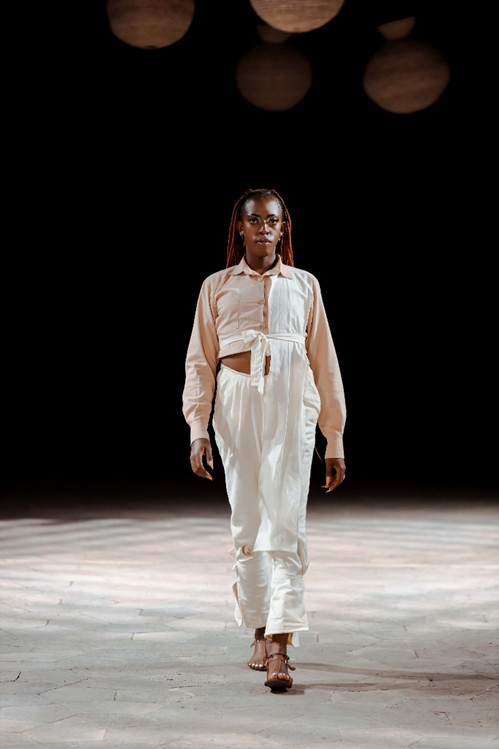 Dusabamahoro pants
Dusabamahoro pants
Development of this process was a leap of faith, in which Berabose took a chance on fashion technology which is practically non-existent, despite research that has shown its promise. Berabose Designs adopted use of fashion technologies that use algorithms to derive a shopper's 3D body shape using augmented reality to make personalized product recommendations. The technology adds value because it allows to measure its impact. It presents a higher conversion rate, average order value, and consumer loyalty, all of which increase Berabose Designs capacity for a bigger market. The brand’s digitization strategy has positioned Berabose as a pioneer for sustainable design solutions on the continent and globally.
“Fashion technology has the potential to revolutionize the industry, and we are proud to be at the forefront of this change.” - Elisabeth
In addition to the use of fashion technology, Berabose has adopted a number of sustainability practices in line with its ethos. For example, Berabose designs clothes with an average lifespan of three years – a move which is critical in reducing the environmental impact of the brand’s products. Furthermore, its use of organic dyes and cotton, ensures the biodegradability of the brand’s garments. Berabose has also implemented a program encouraging consumers to bring old clothing in for upcycling. These initiatives will help reduce the amount of clothing waste produced by approximately 30% over the next three years. The brand is also intentional about avoiding prints and patterns, so as to discourage trends and consequently fast fashion.
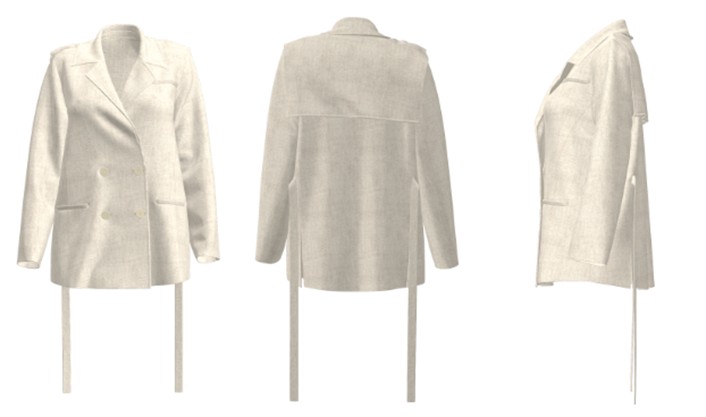 Gordon blazer
Gordon blazer
The cotton used in the production of Berabose’s designs is sourced from a cooperative in Tanzania. After sourcing, Berabose collaborates with local facilities in Rwanda for spinning and weaving. By working with local sustainable partners, they save gallons of water and reduce energy use. Additionally, they collaborate with Handspun Hope for the dyeing of the clothes, using plant-based dyes and agricultural waste to reduce the amount of water, energy, and chemicals used in the dyeing process. For packaging and distribution, Berabose has put in measures to reduce waste and carbon footprint. For instance, they offer a 10% discount for customers who return and reuse their delivery bags. In place of paper, the brand uses banana barks as clothing tags. Their distribution model is also based online, reducing the need for physical stores which contribute to greenhouse emissions.
Women’s empowerment is also at the heart of Berabose Designs. In fact, the brand’s ‘27’ collection honored the several women who influenced Elisabeth’s entrepreneurial journey, as each of the pieces was named after those honorable ladies.
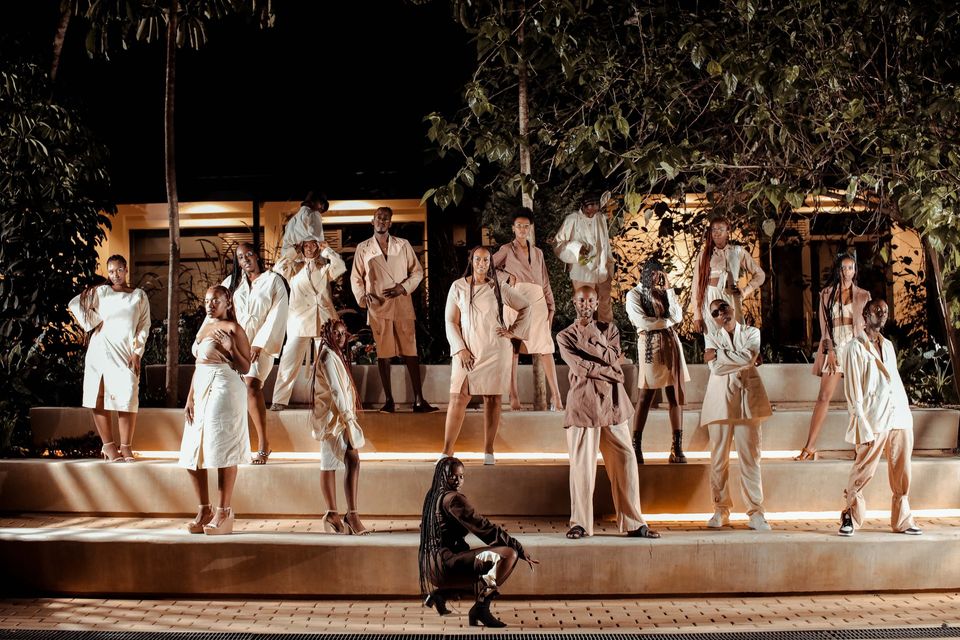 27’ collection
27’ collection
“My empowerment journey was made possible thanks to the amazing women surrounding me. Friends, sisters, mentors and family members. Naming each piece of the ‘27’ collection after the women who’ve had a substantial influence in my life was my way to show them my appreciation for helping me becoming who I am today” - Elisabeth
As part of its inclusive employment strategy, the brand recruits and trains informal female workers. For the sewing process in particular, Berabose employs only women, with the aim of providing them with a steady income and financial security. This not only helps to promote gender equality and women’s economic empowerment within the community, but it also creates a sustainable system that benefits women and their dependents.
Raising awareness on the importance of sustainability in fashion
The brand also has a cocktail of sustainability initiatives aimed at increasing customers’ knowledge on sustainability. Through its social media platforms, Berabose educates consumers and encourages eco-friendly behaviors. They also provide information on how to take measurements to avoid commute time from their consumers, and textile waste due to misfits. They also created a slow fashion series to inform consumers about fast fashion's environmental and social consequences and tips to avoid them. Some of their posts are dedicated to mixing and matching items to help consumers realize different looks.
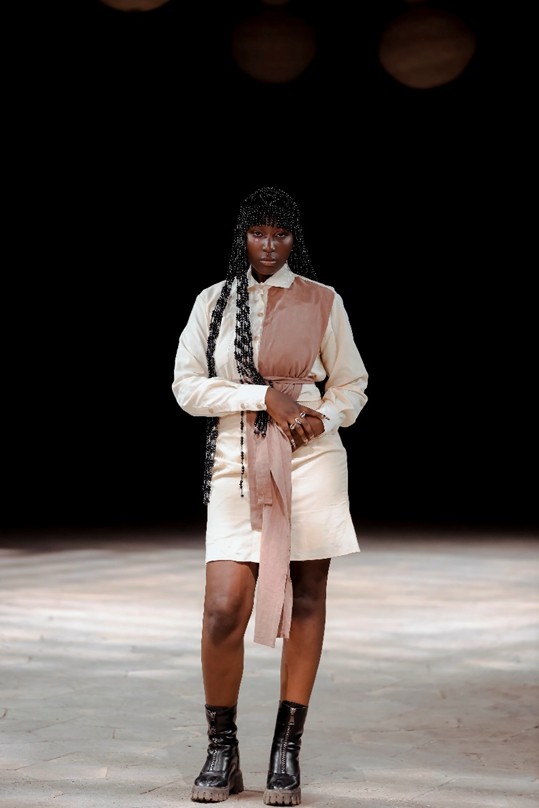 Mukamusoni shirt
Mukamusoni shirt
About being a finalist of the Fashionomics Africa Contest
Berabose Designs was elated to have been part of the finalists for the Fashionomics Africa Contest. Making it to the finals of the competition has helped to validate their efforts and reflected the value of the work that the brand is doing.
"Being a finalist in the Fashionomics Africa contest is not only an honor for Berabose Designs, but also a testament to our commitment to promoting African fashion to a global audience. We are grateful for this opportunity to showcase our team’s work, share our journey and vision for sustainable fashion with the world." - Elisabeth
The Fashionomics Africa Contest awards the finalists with a package of prizes that includes a branding kit, promotion actions to gain visibility as well as mentorship and networking opportunities to facilitate business growth.
Overall, Berabose's sustainable business model focuses on reducing the environmental impact of their products through sustainable sourcing, upcycling, biodegradability, and encouraging eco-friendly behaviors. They also focus on innovation, particularly technology utilization, which positions them as a pioneer for sustainable design solutions.
To view more of Berabose Designs’ incredible work, visit their website.
Source: FASHIONOMICS
During the interview with the RCFS’s media this morning the CEO & Founder of Tarama Rwanda Initiative Mr. Wilson KAGERUKA said that preparation is underway and his team is doing all the best they can to bring a unique summit for Rwandans especially young and upcoming artists to be inspired.
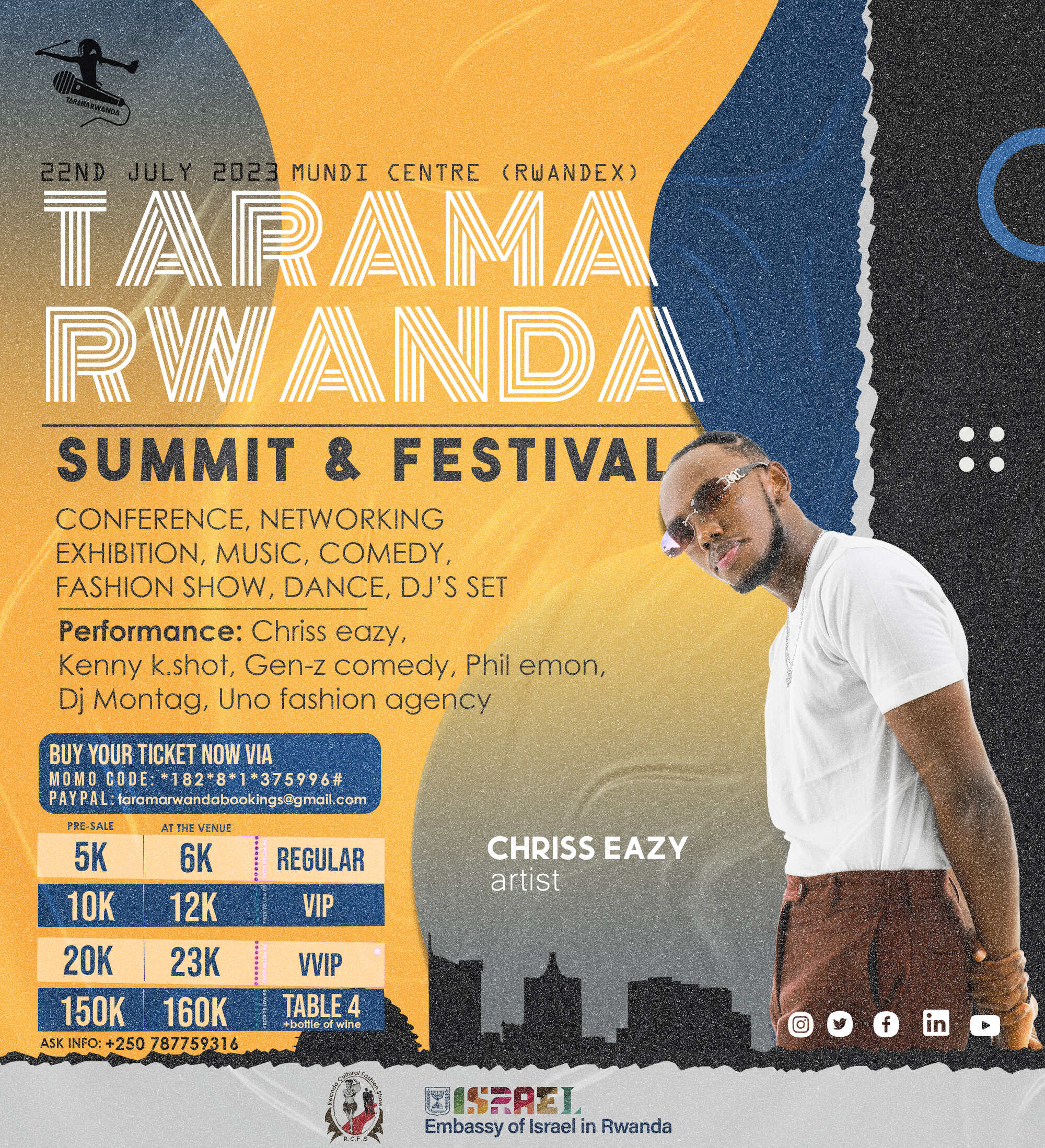
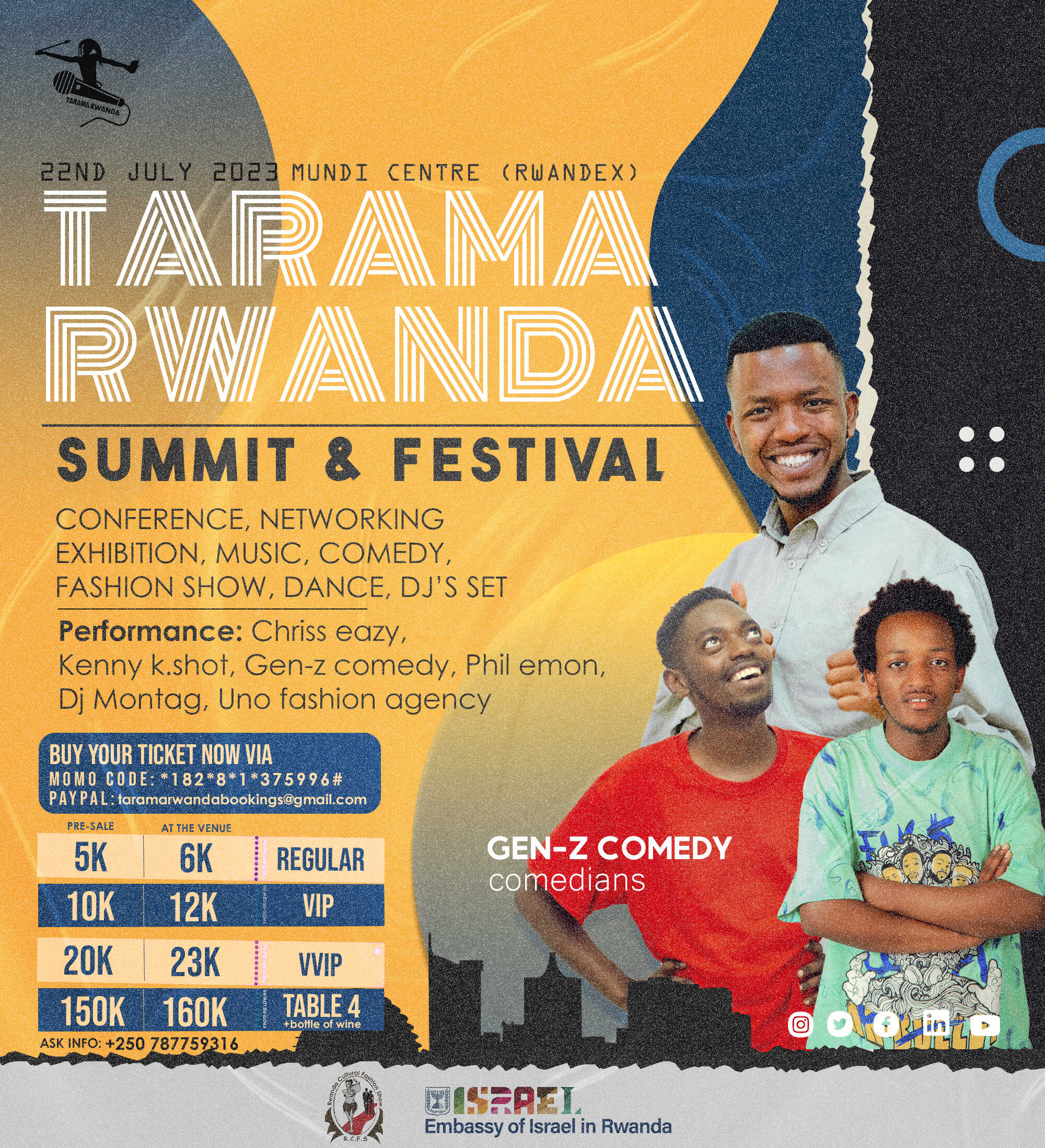
“ I am happy for the progress with Tarama Rwanda Summit and Festivals 2023, our 1st edition. Even though I still have a lot on my list. My team is very active and we are now focusing on working with our sponsors and welcoming fashion designers and exhibitors to showcase their creations” Said Kageruka.
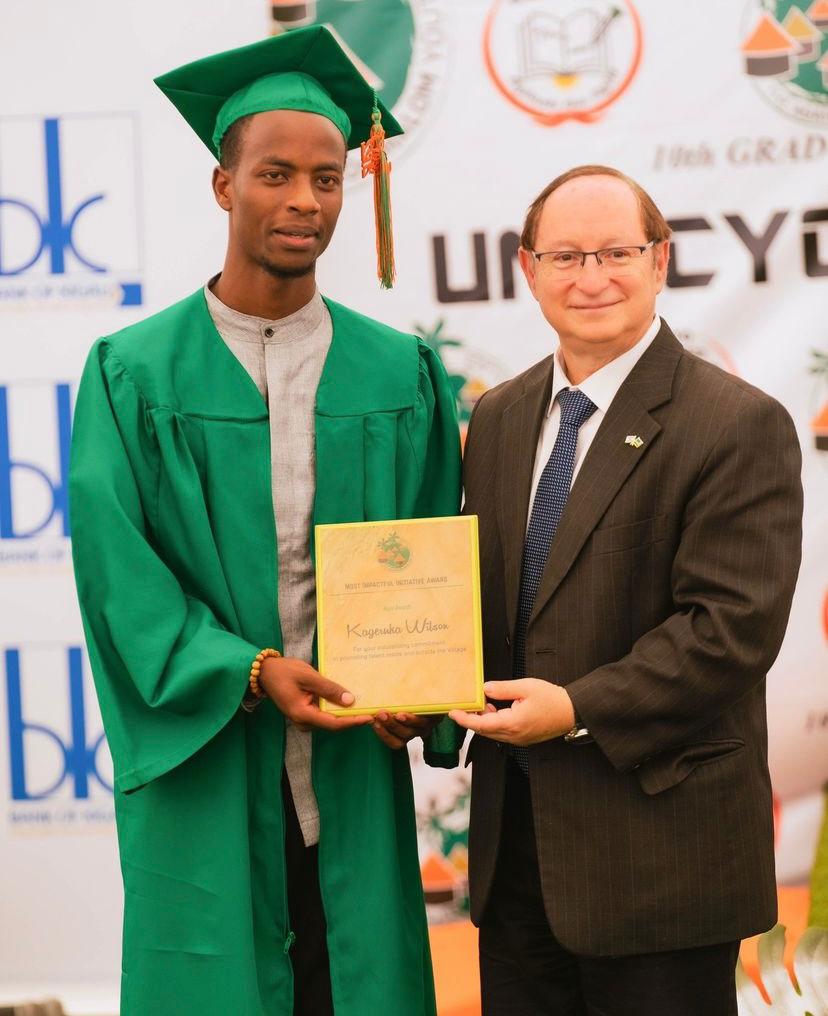
Mr. Wilson KAGERUKA received an award as the best Entrepreneur of 2022, an award given by His Excellence Ambassador Dr. Ron Adam; the ambassador of the state of Israel in Rwanda, on behalf of Agahozo-Shalom Youth Village
The Tarama Rwanda Summit and Festival is scheduled on 22nd July 2023, in Kigali at Mundi Center. Mr Wilson added that artists and performers are already selected as well as a professional modeling agency that will present a nice fashion show.
“We have already selected artists and performers and we have mixed with all forms of arts so that our guests will enjoy music, comedy, and fashion show. This is in addition to the inspiration ideas from the summit we hope that attendees will gain from different speakers and moderators” said Mr. Wilson
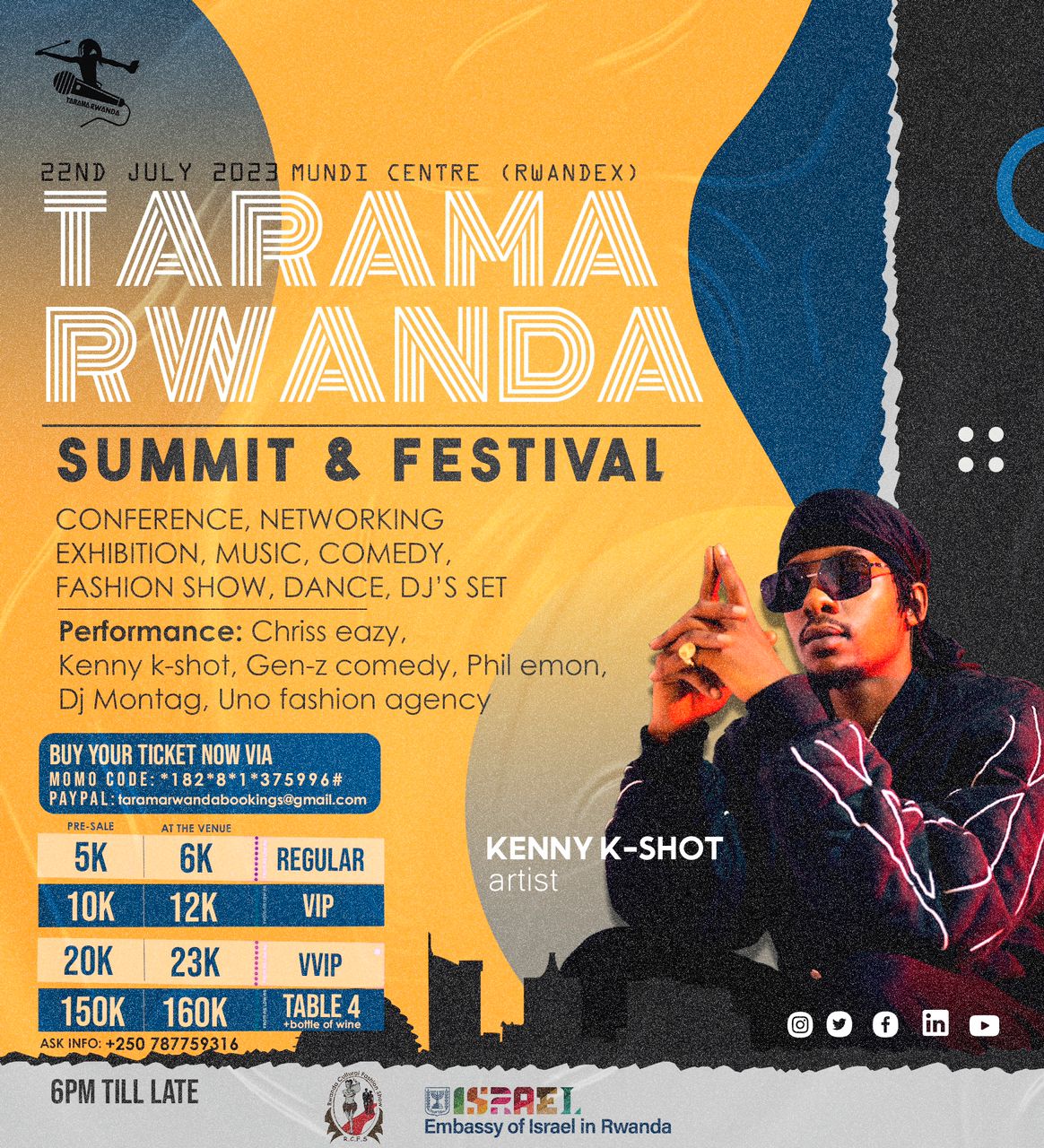
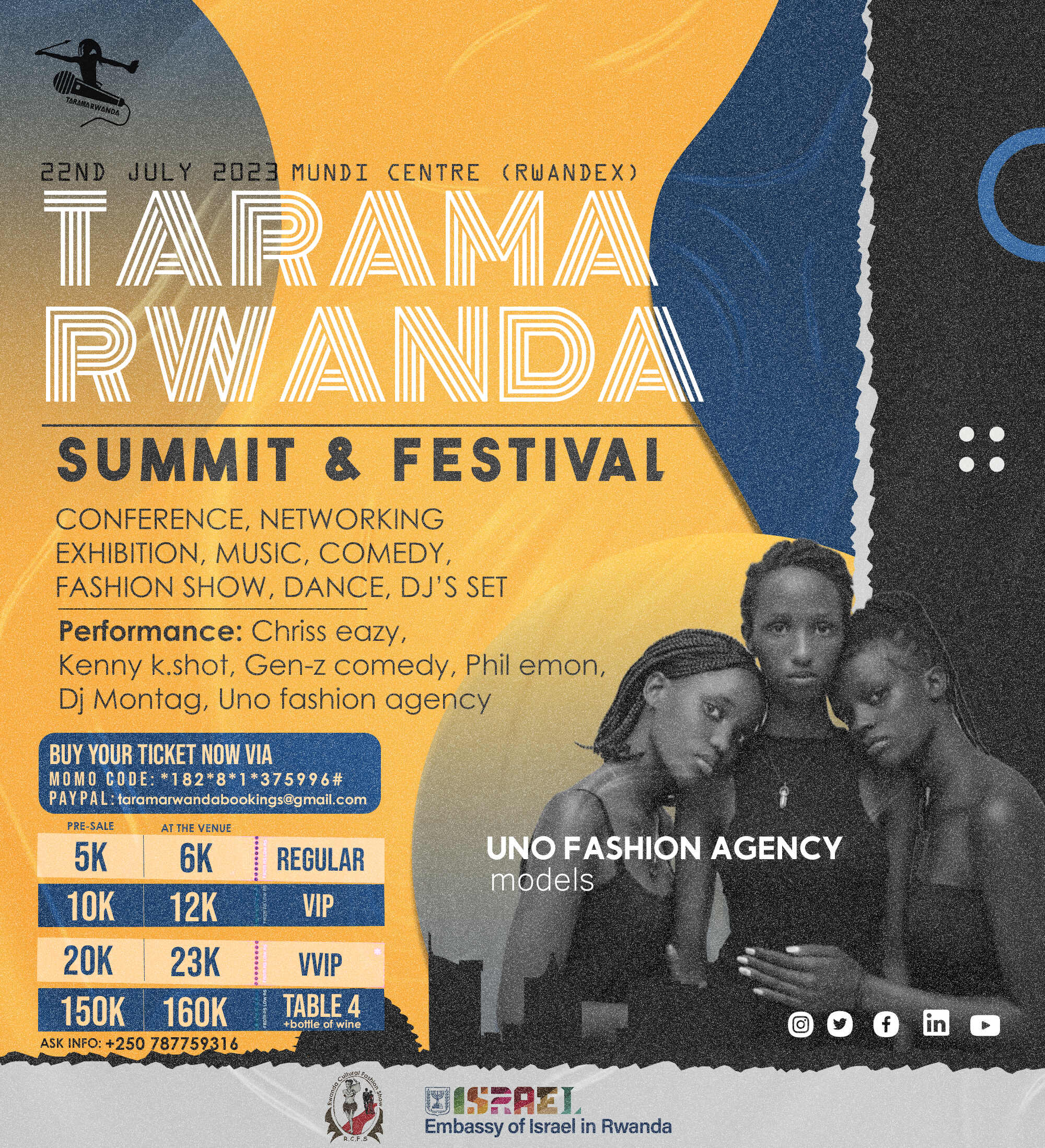
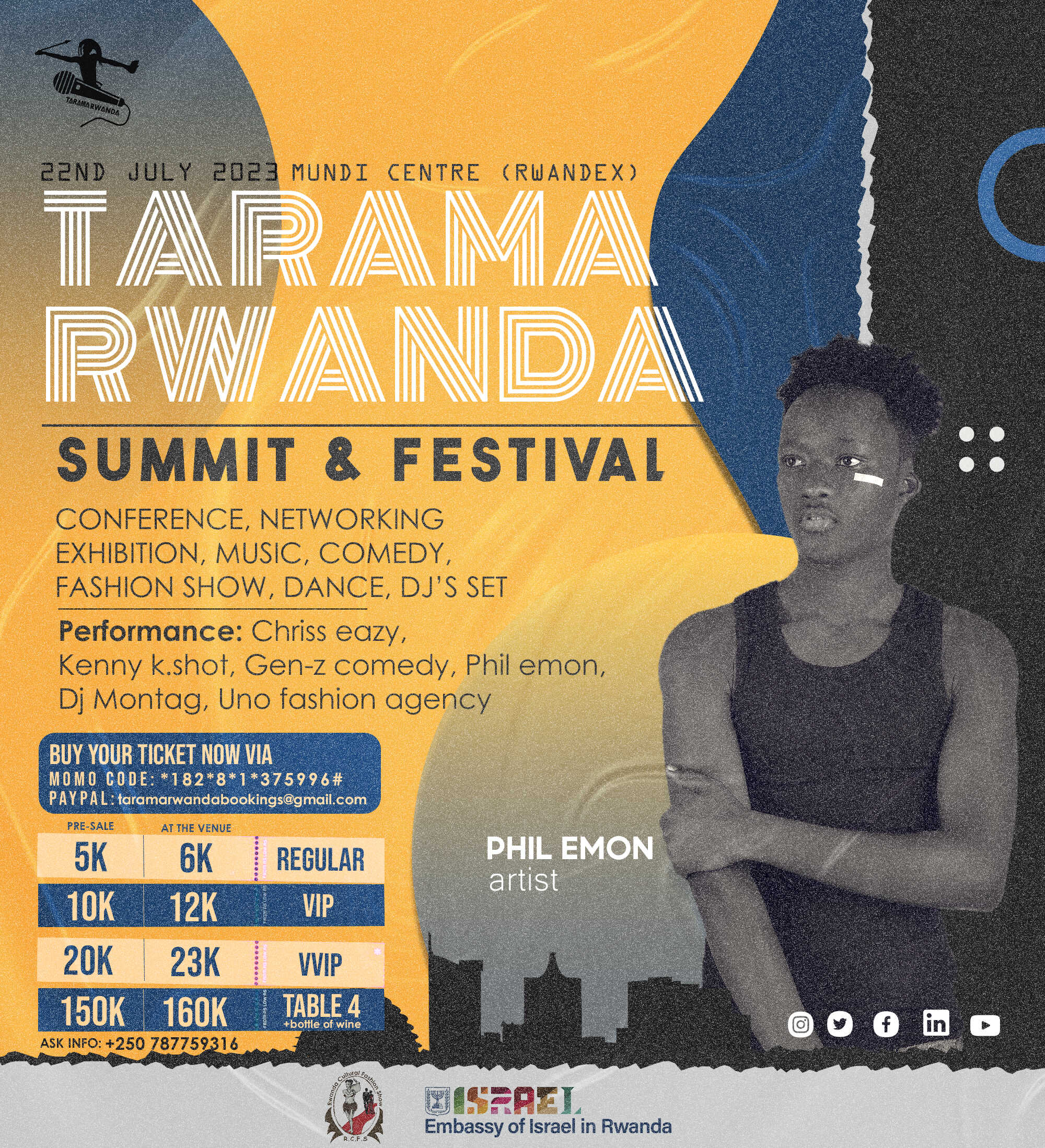
How far is Tarama Rwanda Initiative?
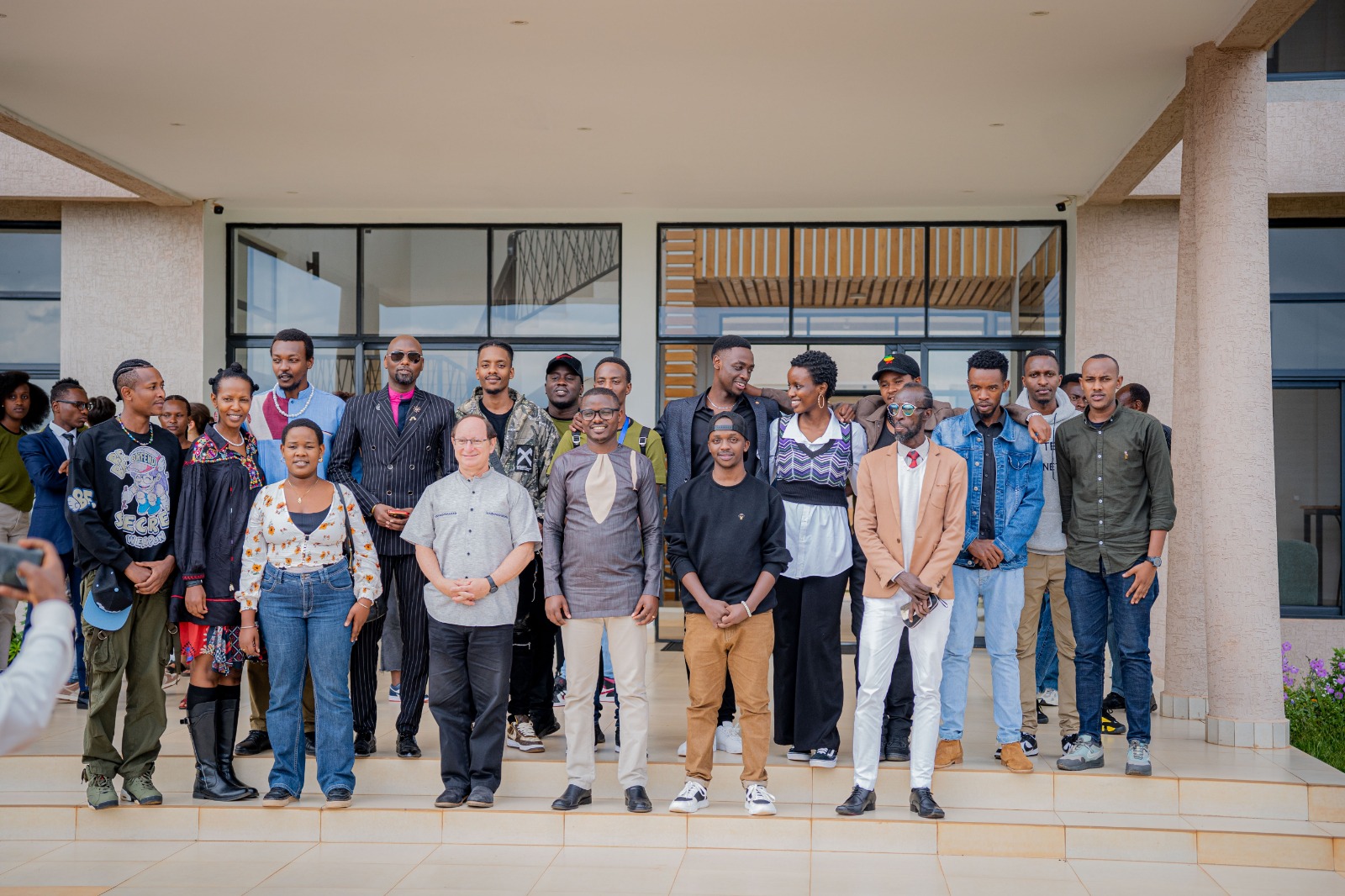 The members of the Tarama Rwanda Initiative with their partners including His Excellence Ambassador Dr. Ron Adam; the ambassador of the state of Israel in Rwanda
The members of the Tarama Rwanda Initiative with their partners including His Excellence Ambassador Dr. Ron Adam; the ambassador of the state of Israel in Rwanda
Since Tarama started, its founder Mr. Wilson KAGERUKA received an award as the best Entrepreneur of 2022, an award given by His Excellence Ambassador Dr. Ron Adam; the ambassador of the state of Israel in Rwanda, this award was given on behalf of the Agahozo-Shalom Youth Village. Mr Wilson is happy with what his organization had done so far but he sees no collaboration at all “The industry lacks collaboration among the artists in both fields and this will impact the rate of creativity and productivity in Outputs”.
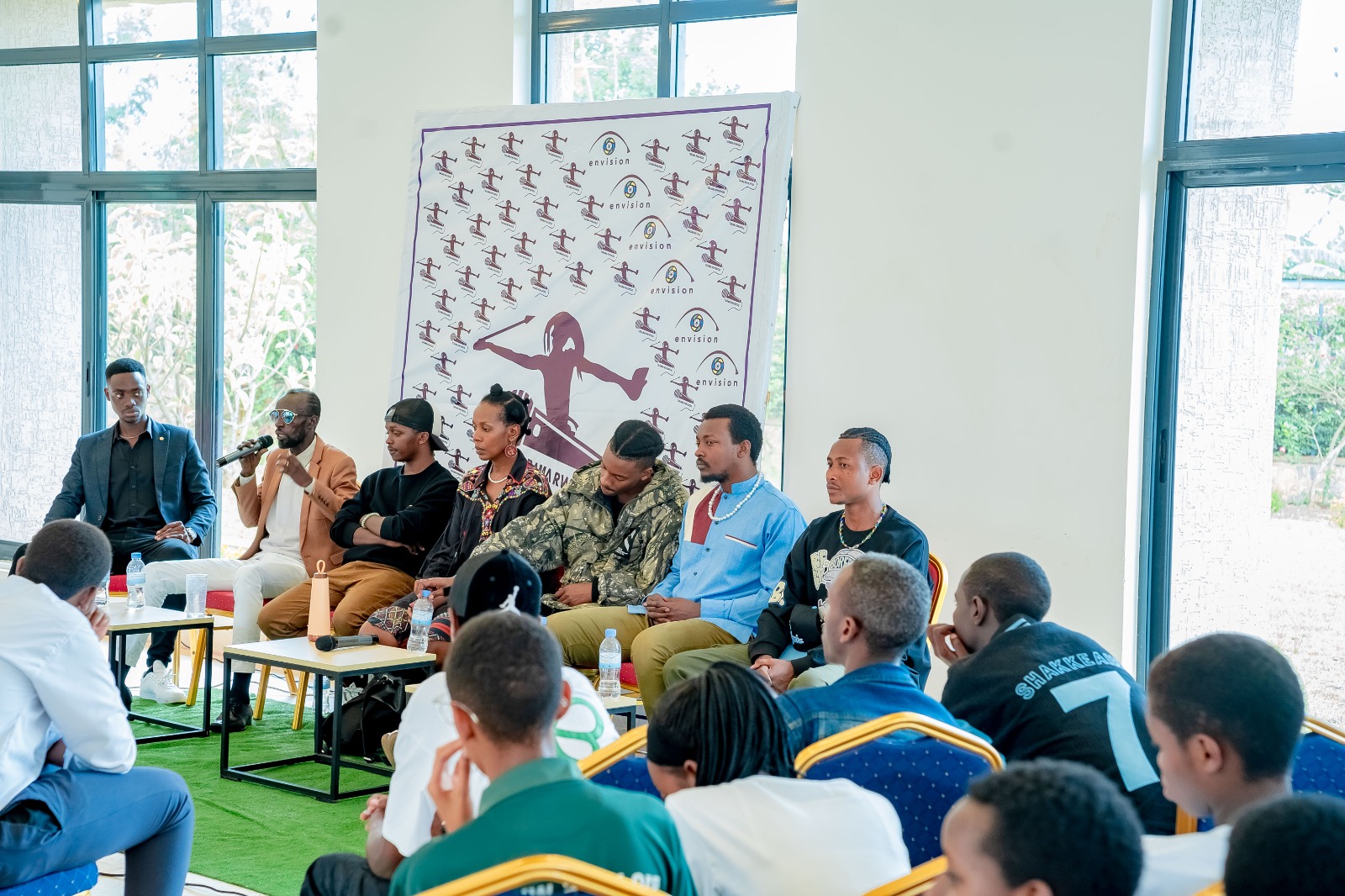 Some of The members of the Tarama Rwanda Initiative during the workshop in Rwamagana District
Some of The members of the Tarama Rwanda Initiative during the workshop in Rwamagana District
More guests artists to attend the summit & festival by Tarama Rwanda Initiative:
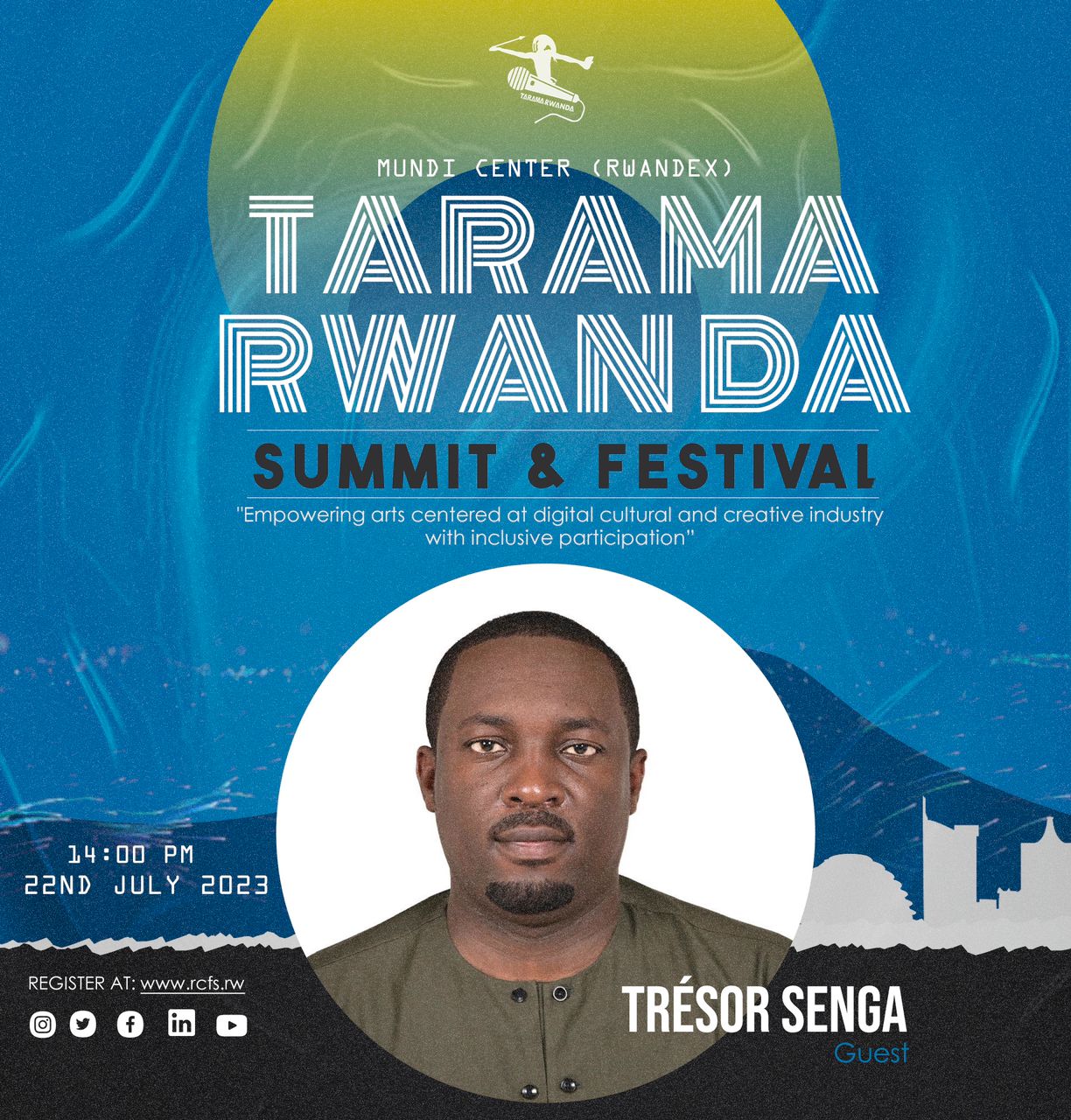
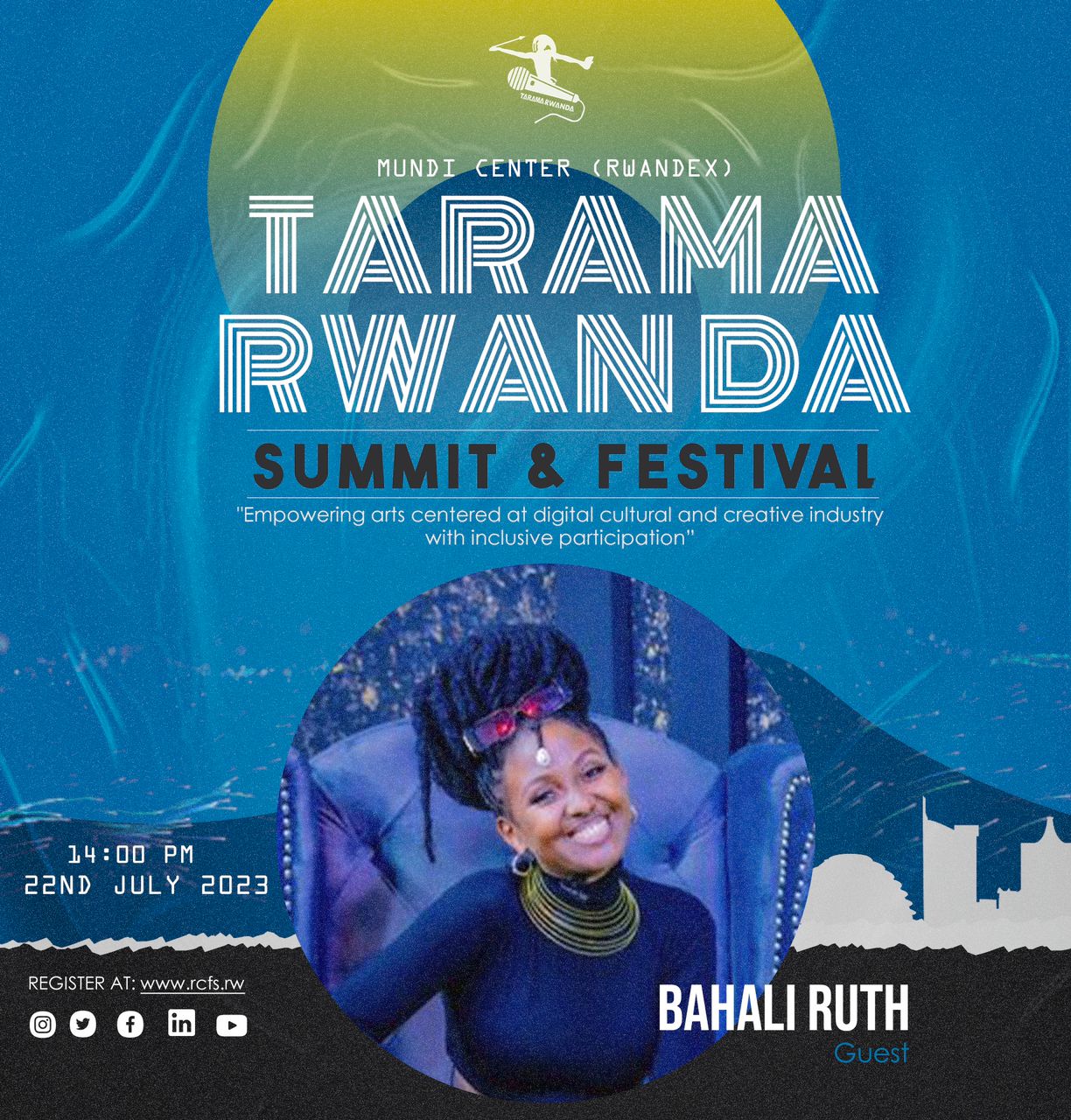
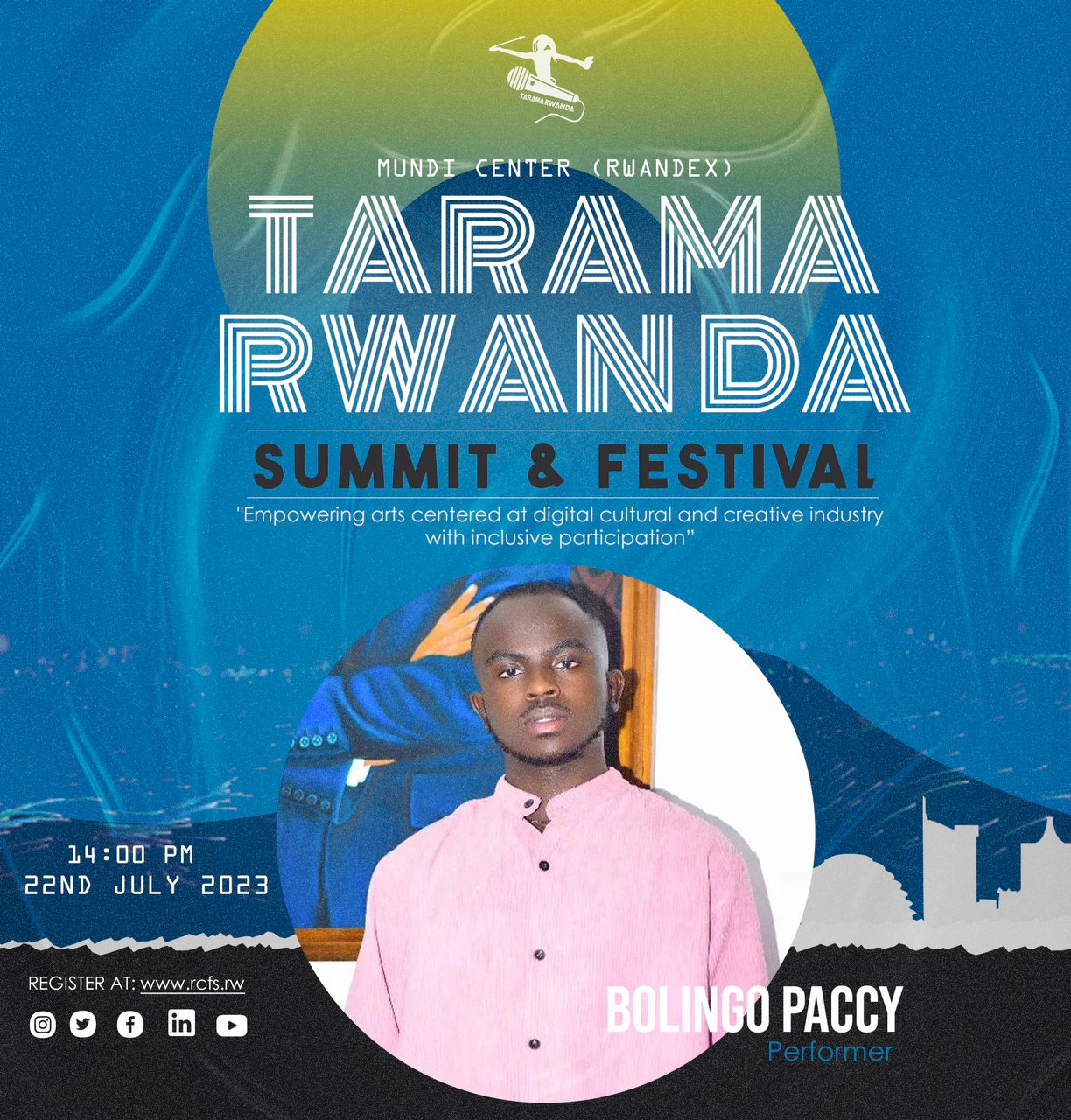
By RCFS
Over the last decade, Africa’s fashion industries have come into the spotlight and their potential for powering economic growth and development continues to be evident. The desired development of Africa’s fashion industries also places a demand on countries, to build the capacity to achieve growth. With that in mind, the quantity, and more importantly, the quality of available labor supply becomes a crucial factor for African economies to reap full benefits from their fashion industries. In this week’s edition, we take a look at the current state of skills in Africa’s fashion industries and explore potential remedies.
The Current State of Skills in Africa’s Fashion Industries
Limited competencies
There is a lack of managerial competencies across the labor force available in Africa’s fashion industries. Most workers in these industries are therefore concentrated at the entry level, or floor management. Due to the nature of training opportunities available, there is often a need for substantial training even for line workers.A report on Kenya’s fashion industry noted that the country has the lowest value added per worker, owing to factors such as long change over times i.e. the time required for a line worker to adjust to a new production run.
Limited educational opportunities
Educational opportunities available for aspiring fashion entrepreneurs are quite limited. The African fashion education sector is fragmented, highly informal and lacks regulation. As such, a majority of African fashion schools that are operating are not accredited. They are also characterized by poorly structured curricula, outdated equipment and under qualified instructors. Underinvestment in technical vocational education institutions is also observed, further narrowing down the opportunities of building capacity of African fashion businesses.
Lack of on-job training
Availability of training opportunities is linked to the level of development of the industry and consequently of the economy. A key feature of most African countries is high informality which also speaks to the limited availability of decent and gainful employment opportunities, which are pivotal in providing learning opportunities. Resultantly, on the job training opportunities are not readily available for the development of professionals in the fashion industry.
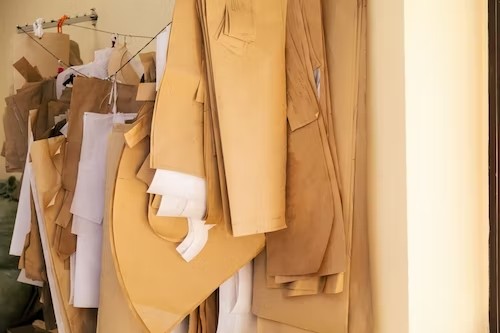
Difficulties adhering to quality standards
Due to the convergence of a myriad of factors, most of Africa’s fashion industries are not sufficiently capacitated to produce while adhering to the industry standards. To meet the quality requirements, a lot of training needs to be provided for workers after being recruited otherwise, the products fall below market requirements.
Limited Supply Chain Management Skills
Africa’s fashion industries lack skills in the areas of sourcing and production, and consequently securing the needed quality and quantities of materials is difficult for most fashion businesses in the industries. This challenge has also been attributed to lack of sector specific training which contributes to entrepreneurs’ limited understanding of the demand volatility and cyclical nature of most fashion products. As such, poor sourcing and supply chain management skills introduce high costs through failure to meet demand in time. Resultantly, it affects the value of products sold.
Skills Mismatch
According to a survey done by CIAFE, 90% of fashion schools in Africa provide fashion design courses only and do not focus on other parts of the fashion value chain. This is against a background of targeting export markets in Europe and the United States of America, where companies prefer doing their fashion design in–house. As such, the skills that the labor force has are not in tandem with the market requirements. For fashion entrepreneurs who have sights on owning their own brands, recruiting a team is also difficult for them because of the low supply of other technical skills required in the fashion business.
Bridging the Skills Gap in Africa’s fashion Industries
Investment in Fashion Education
Africa’s fashion industries are in need of a ‘big push’ type of capital injection. Pouring vast resources in the industries will build competitiveness in numerous ways, which includes making it possible to deliver effective training and capacity building. It will also contribute to value chain development which will ensure that there are backward and forward linkages across the textile and apparel value chain. Such a scenario will motivate training institutions to update their training material to meet the needs of a well-developed domestic value chain, which would have been facilitated by a significant capital injection.
Collaboration between industry, academia and government
Learning institutions should have relationships with market leaders in their domestic fashion industries in order to stay updated on market requirements. In that way, their training material can be forward looking, incorporating the requirements needed along every step of the textile and apparel value chain, with the consideration of the extent to which the country’s value chain is developed. In the same manner, they should also be closely linked to the government to make it easy to garner financial and non-financial support for training in the fashion industry.
Linking the fashion industry with other sectors of the economy
The ministries under which fashion education falls should be closely linked to other ministries such as tourism, art, sports and culture. The connection between the industries needs to open up opportunities for fashion students to design, and manufacture garments for key events hosted by these respective ministries. A move like that will push training institutions to provide skills which enable their students to rise up to the commercial requirements of clothing production, in a bid to fill a gap in a readily available market. With such an increase in market opportunities, the demand for labor and availability of on-job training will also rise.
Organizing market expos
Export markets are a critical source of revenue for Africa’s textile industry. To support the development of skills in Africa’s fashion industries, the government can facilitate opportunities for fashion businesses and training institutions in Africa to interact more with export market leaders. This allows them to have adequate information on the product requirements of export markets and so align their taught skills with the reality of the market.
Source: FASHIONOMICS
Musa&Co. have been announced as the winners of the third edition of the Fashionomics Africa Contest. The online competition recognizes African fashion brands that are striving to transform the fashion industry in terms of production, consumption and recycling, to promote more eco-friendly consumer practices. A total of 233 submissions were received to the competition, which were evaluated by a panel of judges consisting of representatives from the United Nations Environment Programme, Parsons School of Design, strategic consulting and communications agency BPCM, the Ellen MacArthur Foundation and the Centre for Sustainable Fashion. The panel shortlisted three finalists: Musa&Co., Berabose Designs and Umòja Shoes. The three finalists were then put to a public online vote on fashionomicsafrica.org to confirm the winner.
Beyond being sustainable and ethical, Musa&Co. demonstrated a high standard of excellence, extraordinary creativity and potential to scale their activities. In this week’s edition, we share more about the work being done by the brand and its sentiments on the 2023 Fashionomics Africa Contest.
About Musa&Co.
Musa&Co. is an accessory brand founded by Sofia Mateus and Ivan Morais. The brand is focused on creating season-less pieces ethically handcrafted in Benguela (Angola). From inception, the brand was a reflection of the passion of its owners for crafts and natural materials, and a statement for the need of self-expression and culture decolonization of fashion in the African continent.
"We believe in the power and beauty of African raw materials, African sensibility and handcrafts.” - Sofia
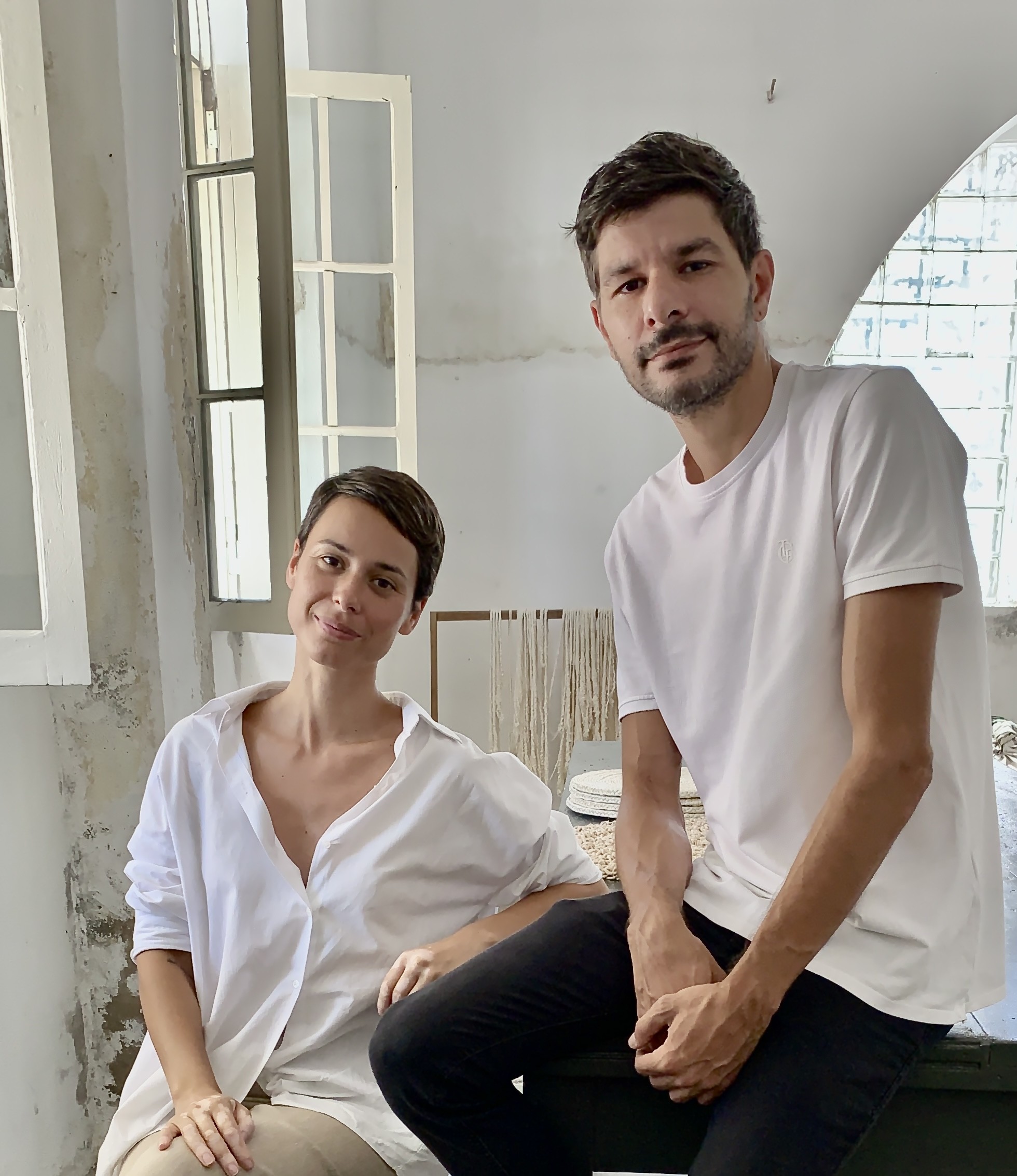 Sofia Mateus and Ivan Morais, co-founders of Musa&Co.
Sofia Mateus and Ivan Morais, co-founders of Musa&Co.
Design and production of all of the brand's products is done in-house, using locally sourced natural materials. As an ethical brand, Musa&Co. is also very deliberate about sourcing its raw materials from a list of key local suppliers, creating forward linkages for agricultural farm owners and local farmers from rural areas. For example, the brand collects seeds of eaten fruits, wood, or hand extracted sisal, from rural areas supporting them with an extra income. They also source agriculture waste as a source of raw materials, such as banana fiber (for spinning and braiding) or onion peels (for dyeing) from local farms. Musa&Co. therefore helps these farms to improve their resource management and emissions reduction, by re-using waste products that would otherwise be burnt.
As further demonstration of the brand's commitment to the cradle-to-cradle approach, Musa&Co. also works with the local textile industry by giving a second life to the factory’s leftovers and cotton waste. The waste is used to produce items such as handmade cloth, bag linings and dust bags. Musa&Co. subscribes heavily to the concept of slow fashion. As such, its methodologies are based on handmade and slow-making processes and techniques.
"We truly believe in the added value of handmade goods, as well as in the power of craftsmanship as a tool to fight social inequality and poverty." - Sofia
The expertise and craftsmanship of the brand is demonstrated in the production of its authentic, luxurious products such as the Mwana, Kaholi and Limi bags.
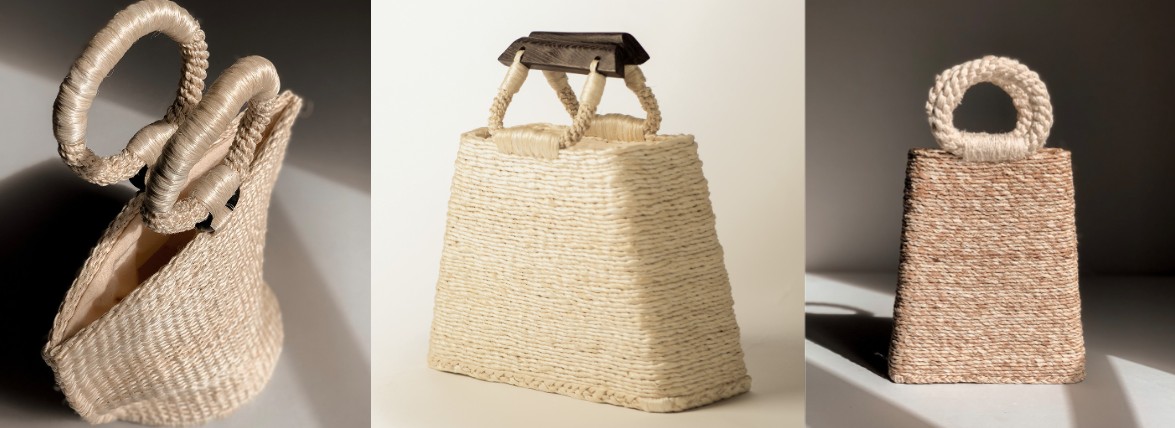
Mwana, Kaholi, and Limi bags
These top three best sellers present unique details such as banana flower dyed handles, hand woven textures, hand-sculpted horn and hand-carved repurposed wood handles. The level of detail and combination techniques required for making such pieces takes an average production time of 20 days. Additionally, no chemicals are used through the production process and water consumption is kept at a minimum. Musa&Co. is also a plastic less brand. Its packaging is made of repurposed cotton cloth and recycled paper. All of this goes to show the brand's high commitment to sustainability principles.
In addition to being sustainable, Musa&Co. has proven to be an inclusive brand. It has successfully built a team, comprising of young women and men with no literacy skills and whose expectations for employment opportunities and professional development would normally be very low. Through the brand's pedagogical approach, they have become part of a cohesive team fully dedicated to their practice. As a team, they have grown through a constant desire to learn more.
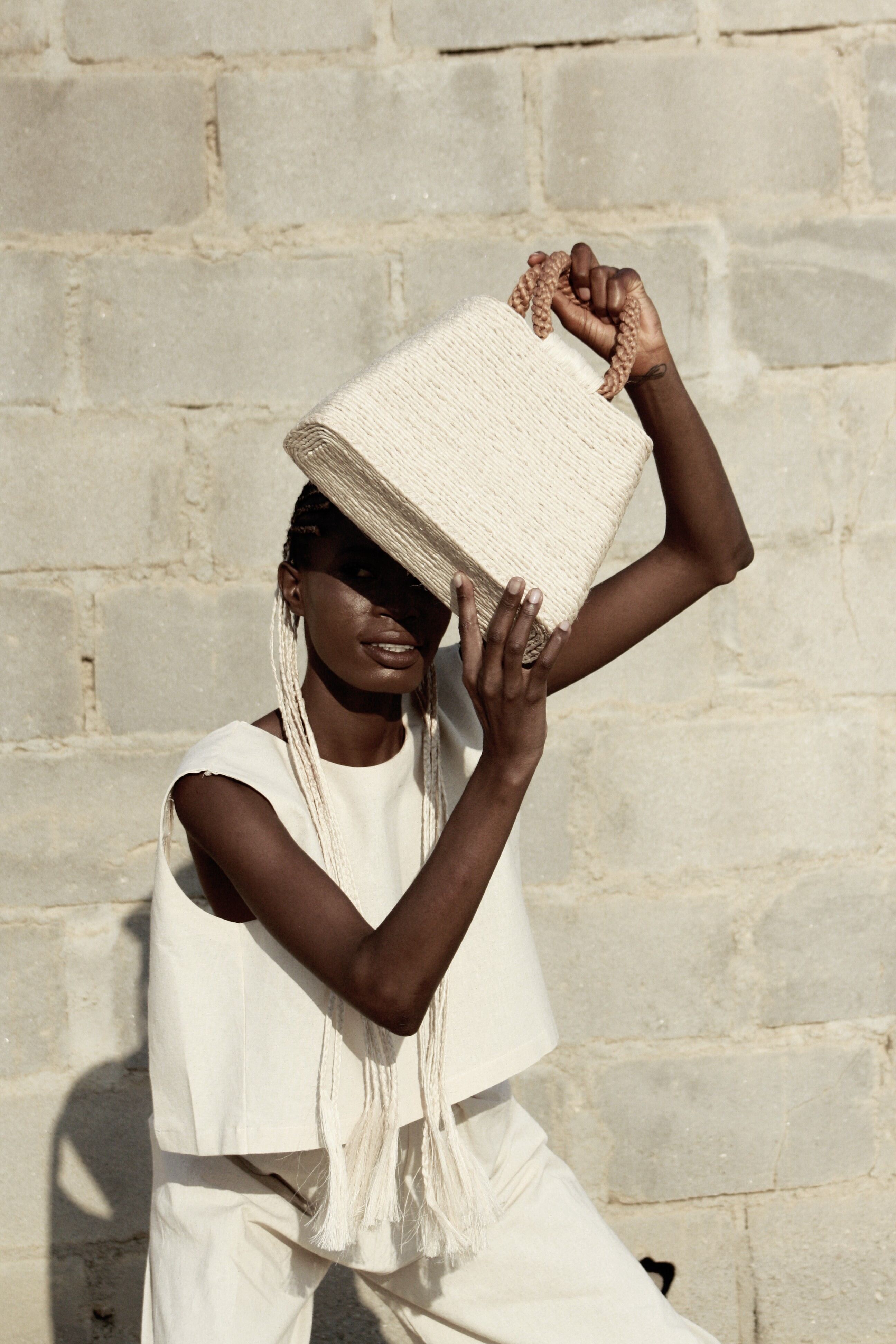 ZIRA collection 2020
ZIRA collection 2020
Over the last 5 years, Musa&Co. has been researching, developing and implementing its own techniques for fiber extraction, weaving, braiding, sewing, spinning, natural dyeing and paper making, adapting them to their contextual reality and needs. One of the brand's biggest achievements is the development of a fiber extractor. This project was achieved in partnership with a local workshop that allowed Musa&Co. to amplify its production capacity by extracting more fiber in less time. Most recently, they have been exploring artisanal techniques to use their studio’s natural fibers leftovers to produce handmade paper for tags and packaging, in a bid to close their production system in a zero-waste circle.
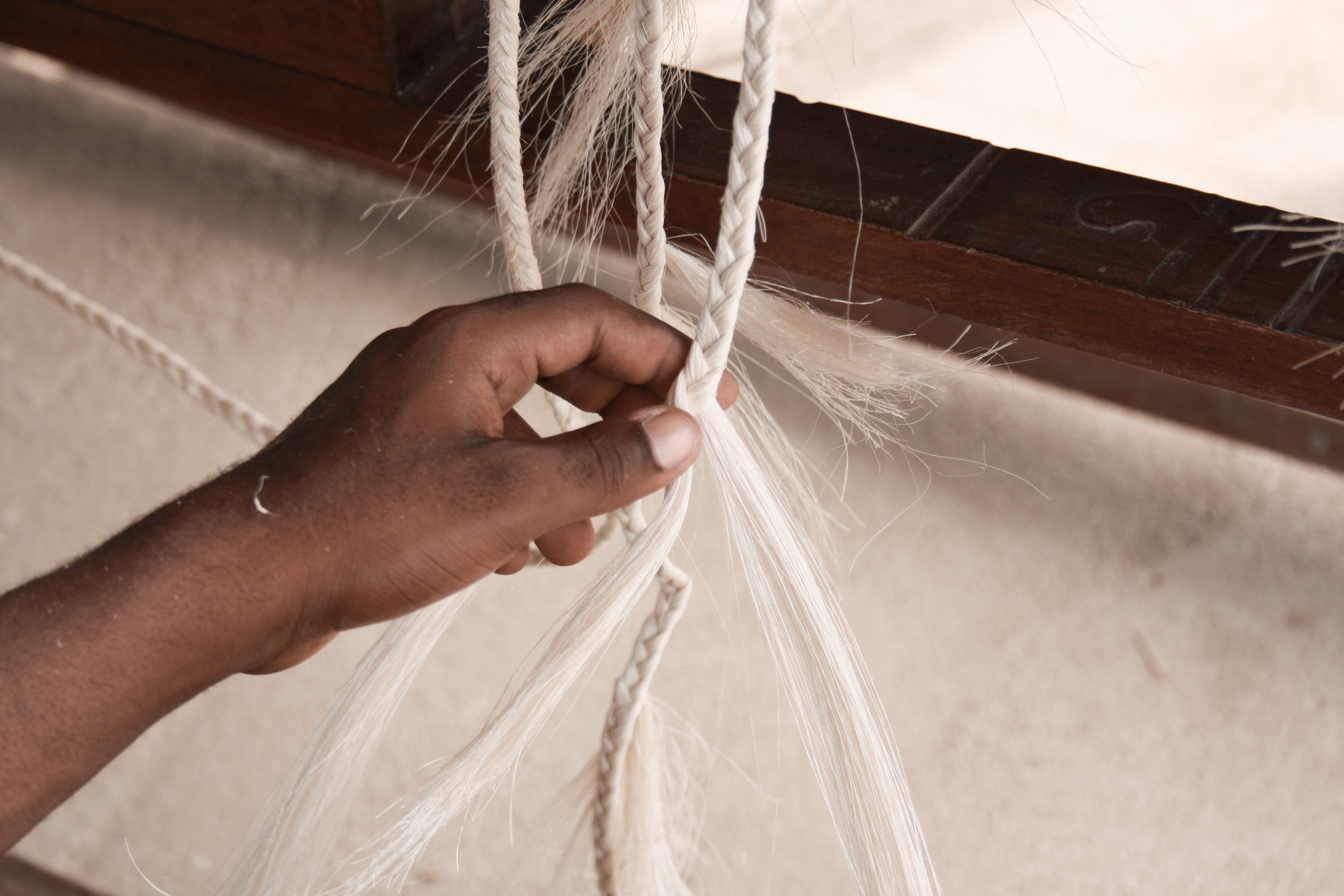 Musa&Co. artisanal methods
Musa&Co. artisanal methods
Raising awareness of sustainability in fashion
Musa&Co. is very consistent about communicating the value of its work and products. They are constantly working towards bringing awareness on sustainable fashion concepts. For instance, their collections are launched twice a year, composed of limited and timeless pieces. All pieces are inspired by cultural elements and experiences, which reinforce its importance for local community development, environmental protection and cultural decolonization. Furthermore, Musa&Co. does not show any kind of support to excessive consumerism, and it sells all its stock at full price throughout the year. They also offer fixing services to encourage long-lasting product life, resulting in a special feeling of care and pride from clients.
About winning the competition
Even though Musa&Co. could count on the fact that the quality of its product would speak for itself in the Fashionomics Africa Contest, they were overjoyed upon winning the contest.
“It is a great honor to be selected as the winners and to represent Angola in the Fashionomics Africa Contest 2023. Winning this prize represents the acknowledgment of our hard work and commitment to our community, feeling an immense excitement to have the support to improve and grow our business. The most profound recognition goes to our amazing team who has been essential for this success.” - Sofia Mateus & Ivan Morais
Beyond the thrill of winning, the competition symbolized the possibility for scaling their operations. Finally, they can invest in their manufacturing system with the $10,000 grant money. This will enable them to speed up their production process, so they can channel more of their energy to experiments and creativity. The brand shared that they intended to explore adding clothing making to their operations. They intend to design very small batches of exclusive clothing pieces, bringing awareness to our customers on the making process, and therefore the added value of each pursue. In addition to the cash prize, the brand will also receive networking and mentoring opportunities from the competition collaborators.
To view more of the work being done by Musa&Co. you can visit their Instagram page.
Source: FASHIONOMICS
LATEST NEWS
Rwandan Cesta Collective handbag brand Receives Investment from Meghan Markle
04 September 2024 3945 hitsRwandan Cesta Collective handbag brand Receives Investment from Meghan Markle Cesta baskets are handwoven of locally sourced, renewable resources, by…
Moshions in Italy: A Journey of Self-Discovery
28 August 2024 4059 hitsMoshions in Italy: A Journey of Self-Discovery The INZOZI FASHION EXPERIENCE 2024, organized by Moshions, promises to be a landmark…
Who Will Win for the Miss, Mrs., and Mr. Heritage International Kenya 2024?
27 August 2024 4836 hitsWho Will Win for the Miss, Mrs., and Mr. Heritage International Kenya 2024? Two weeks ago was a busy period…
La Femme Fashion Show 2024: 4th Edition Takes Center Stage in Kinshasa
25 August 2024 4051 hitsLa Femme Fashion Show 2024: 4th Edition Takes Center Stage in Kinshasa The vibrant city of Kinshasa is set to…
Where Fashion Meets Opportunity: The ASFW 2024 Updates in Addis Ababa
24 August 2024 4084 hitsWhere Fashion Meets Opportunity: The ASFW 2024 Updates in Addis Ababa As the Africa Sourcing and Fashion Week (ASFW) 2024…
All Set for the Novelty Fashion Week 2024, 6th September
24 August 2024 4084 hitsAll Set for the Novelty Fashion Week 2024, 6th September The vibrant city of Kigali is buzzing with anticipation as…
FASHION SHOPS
